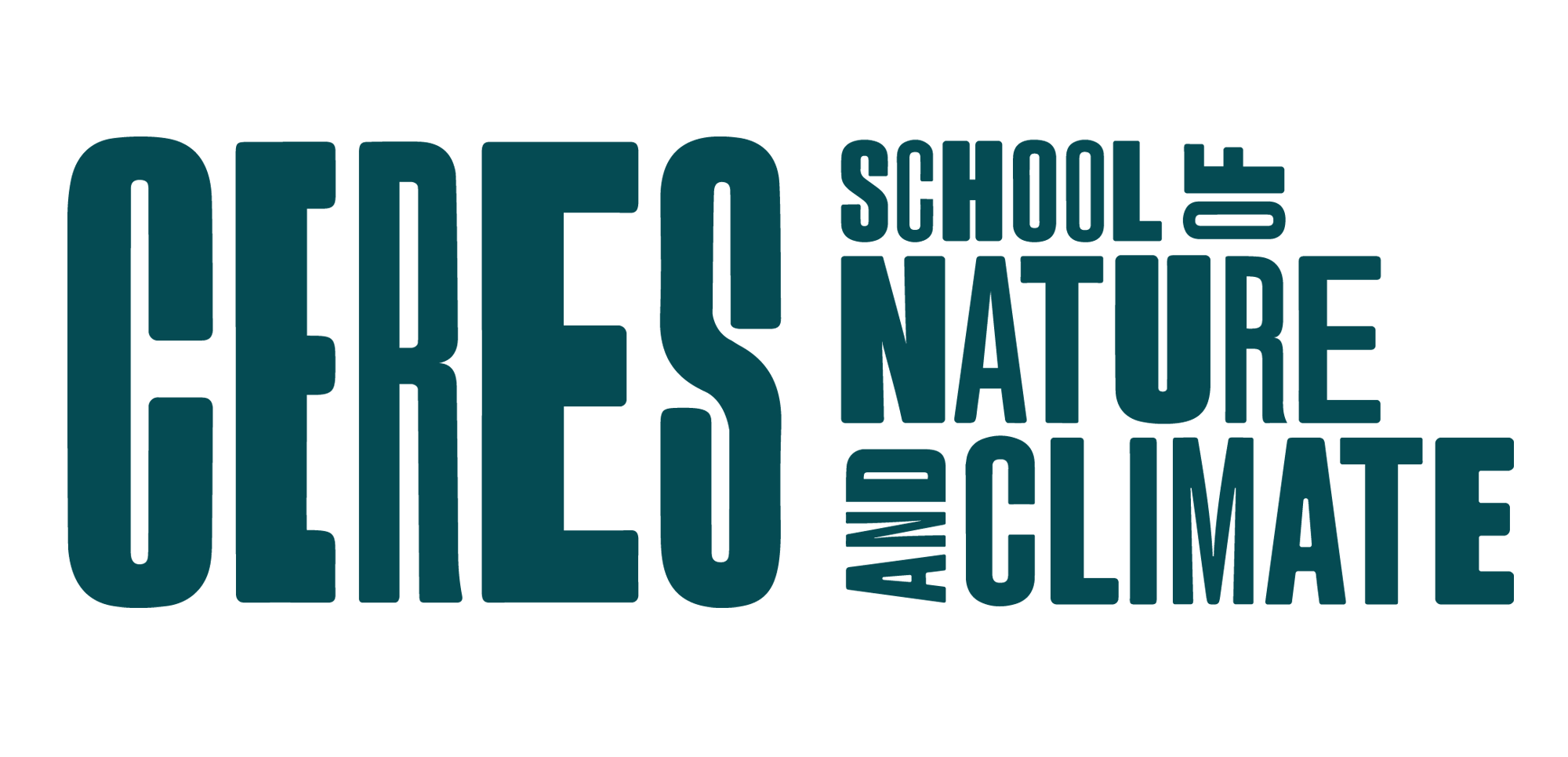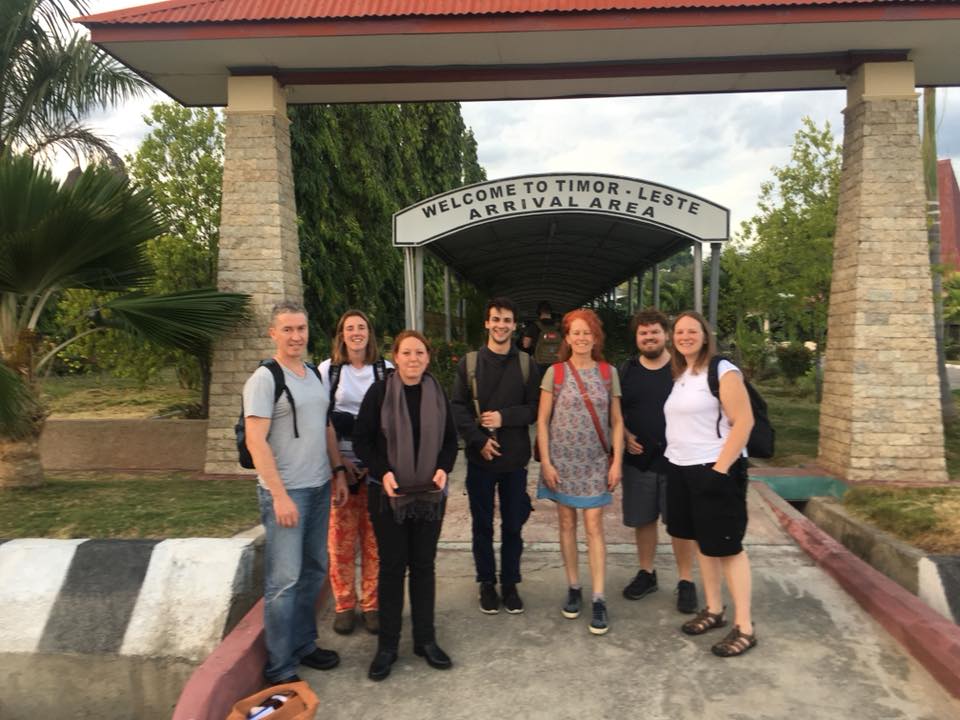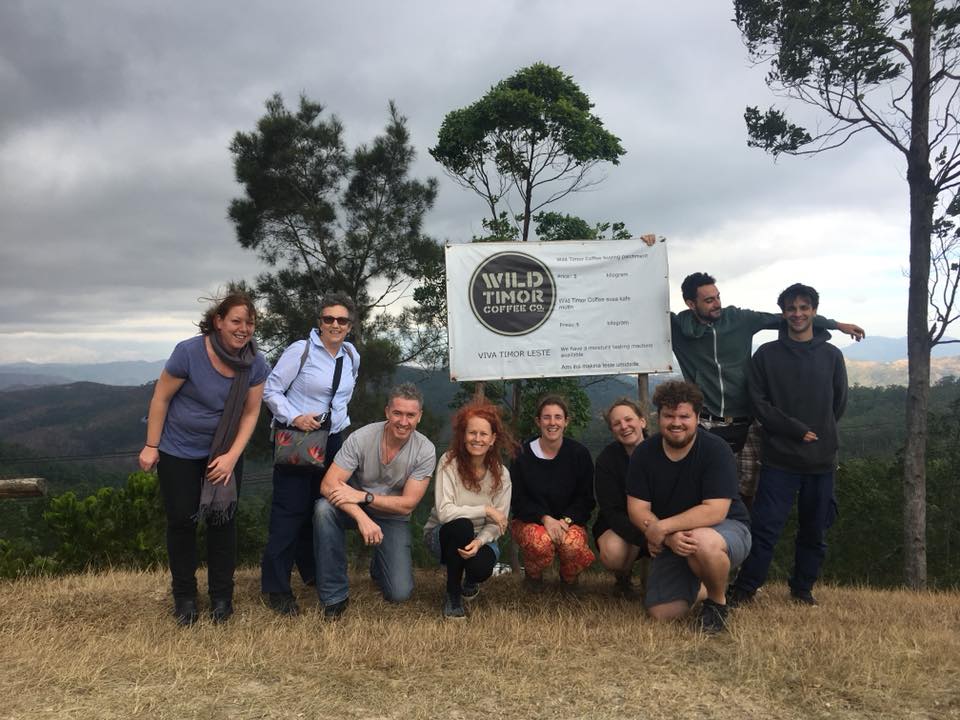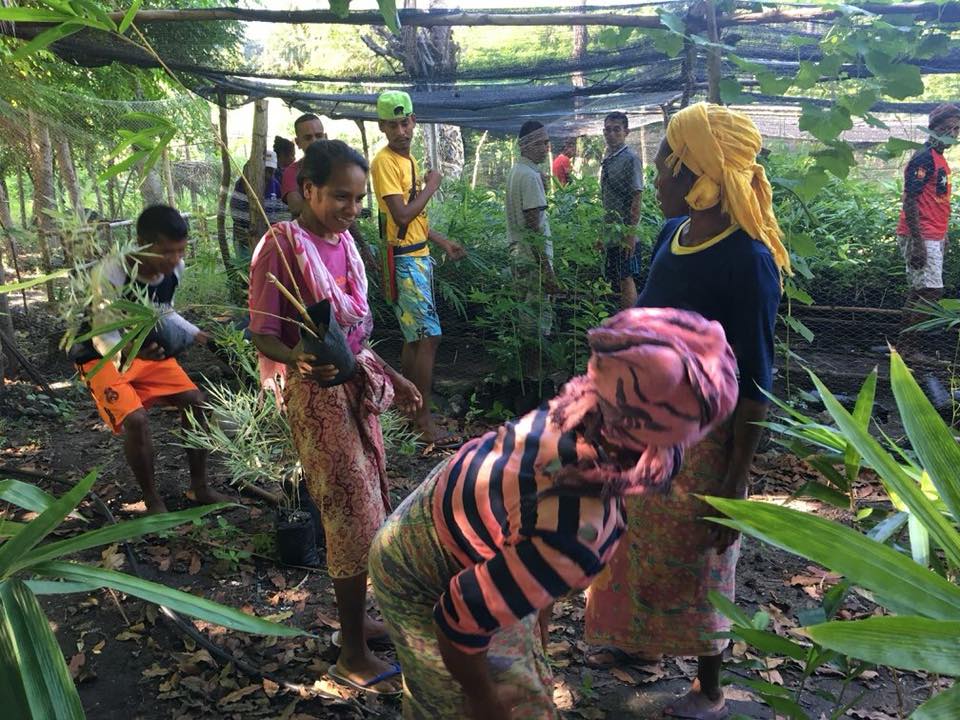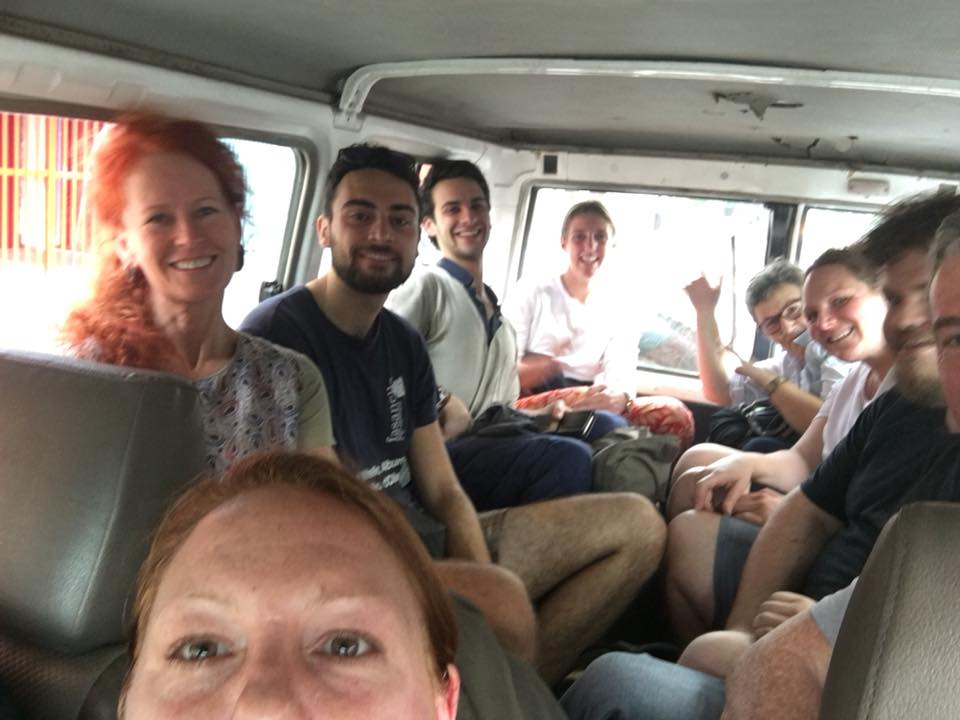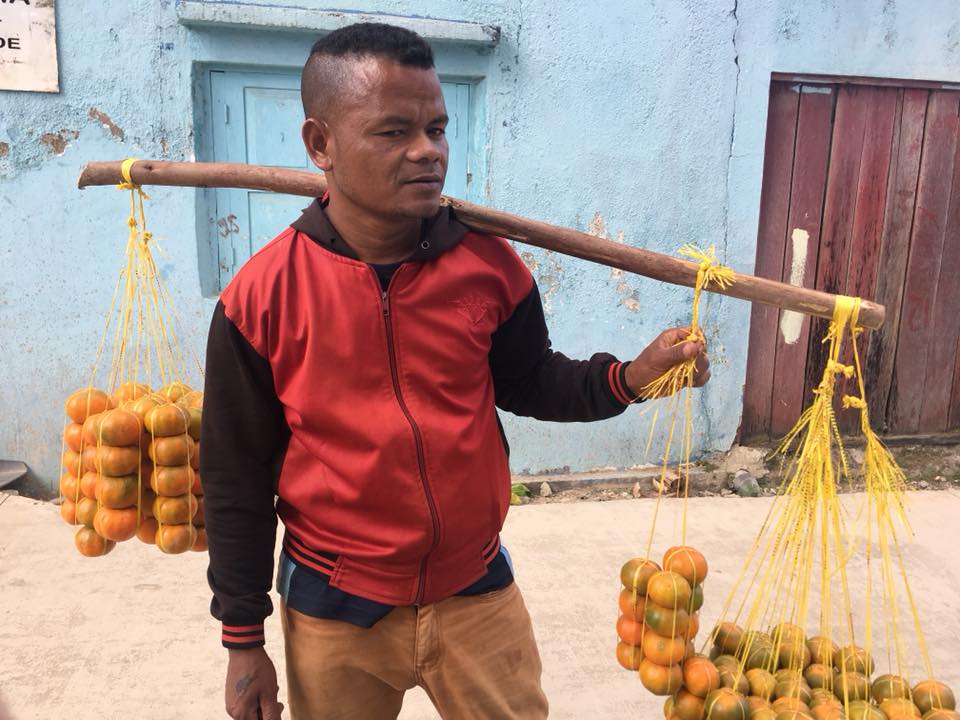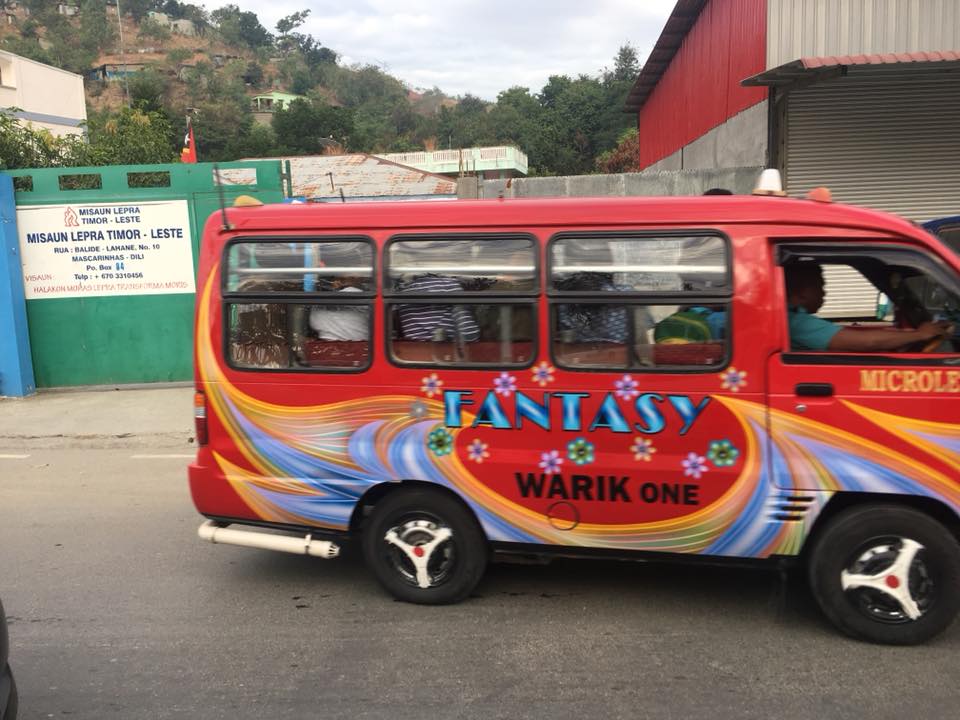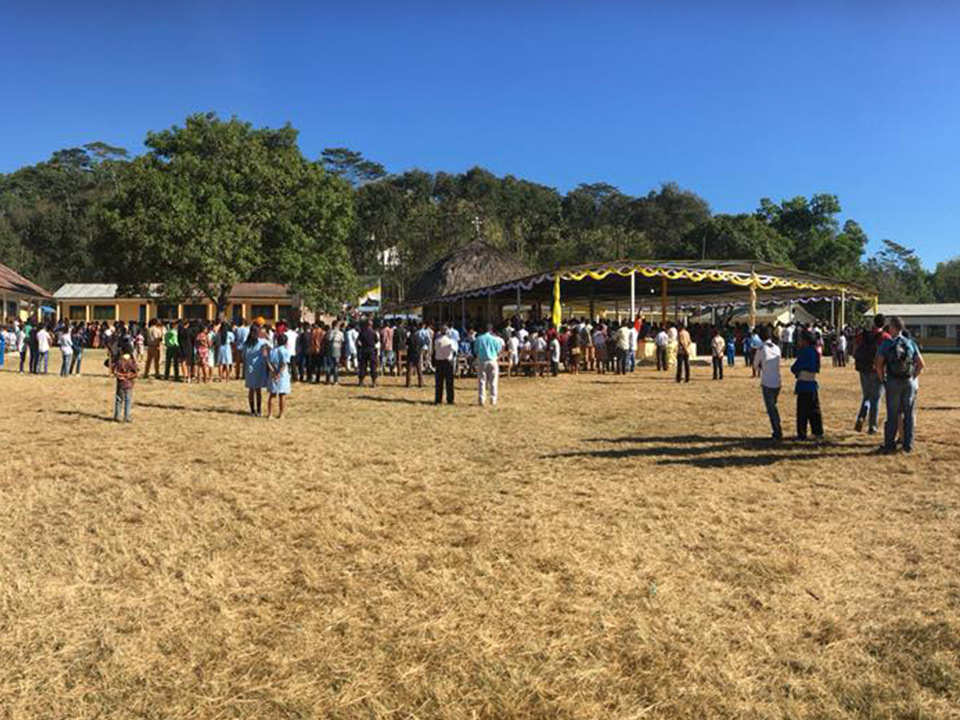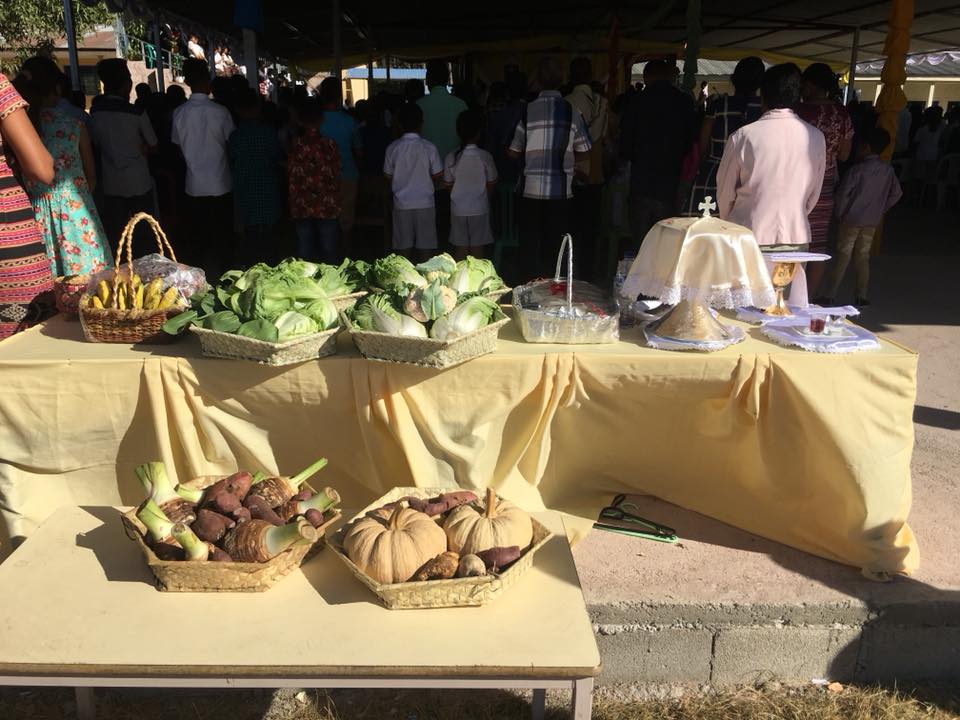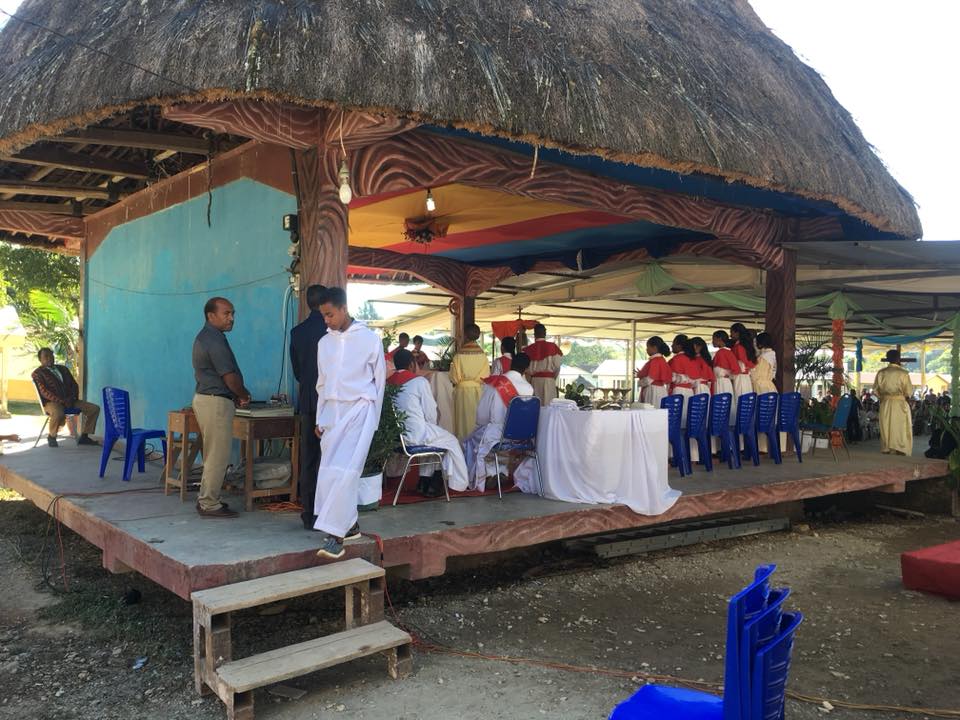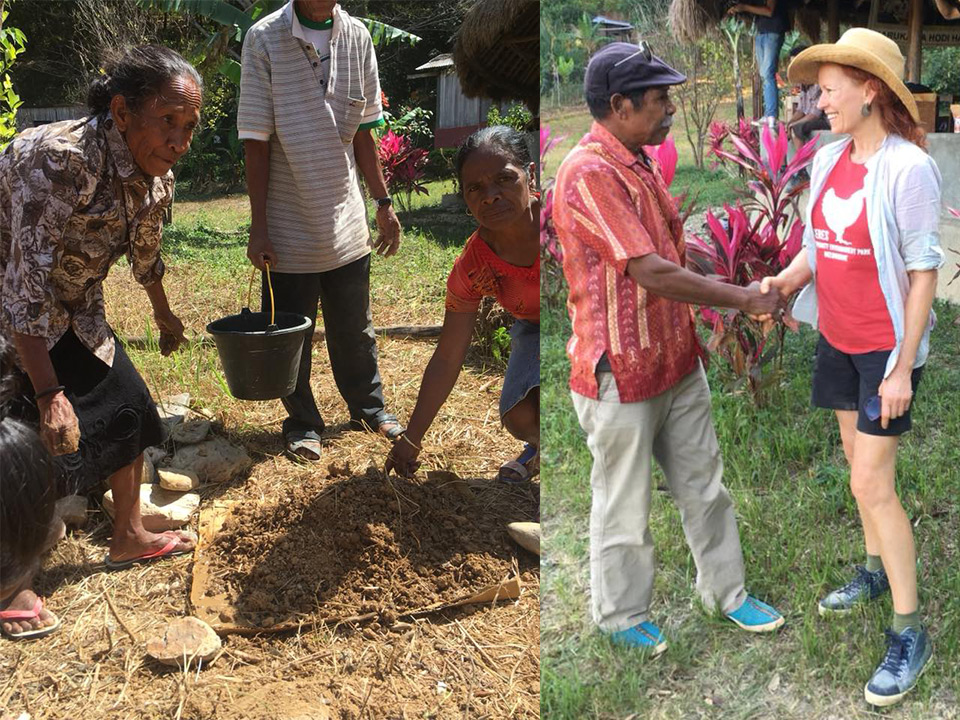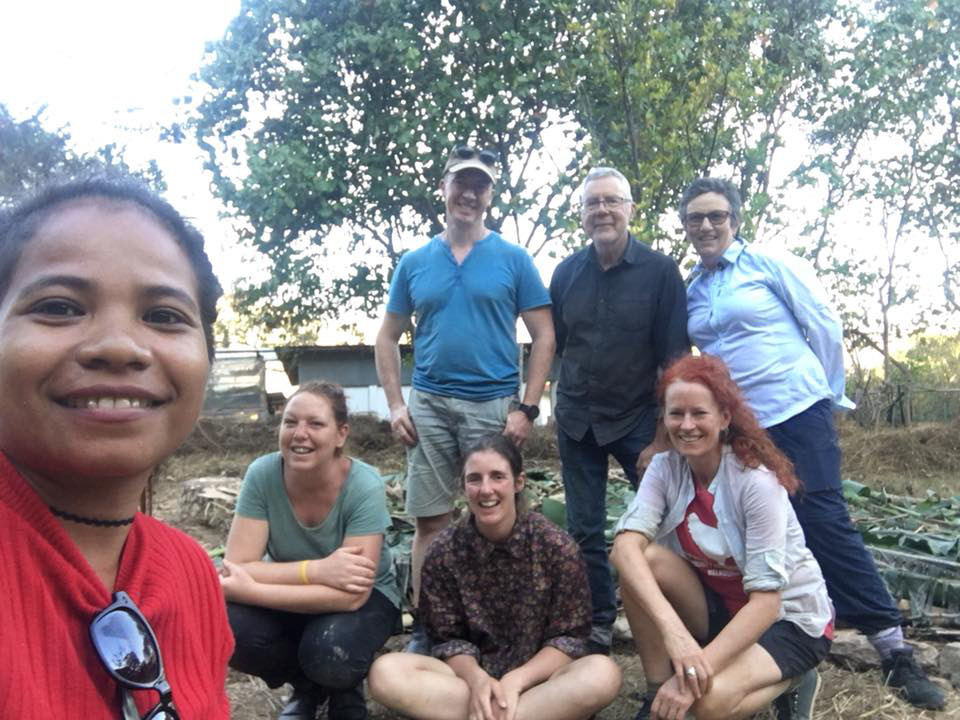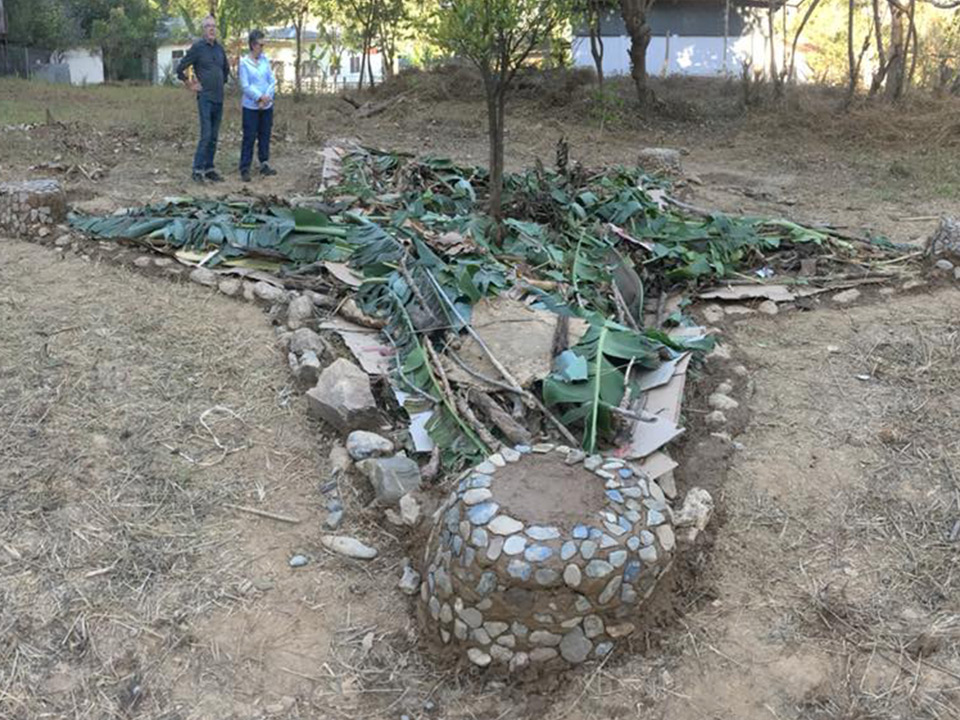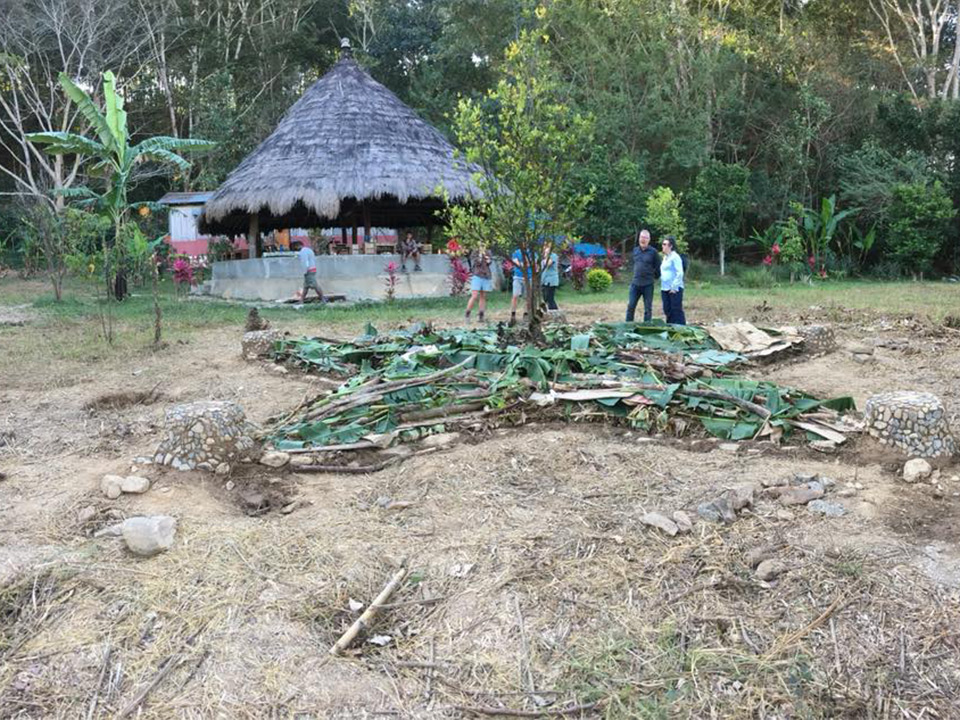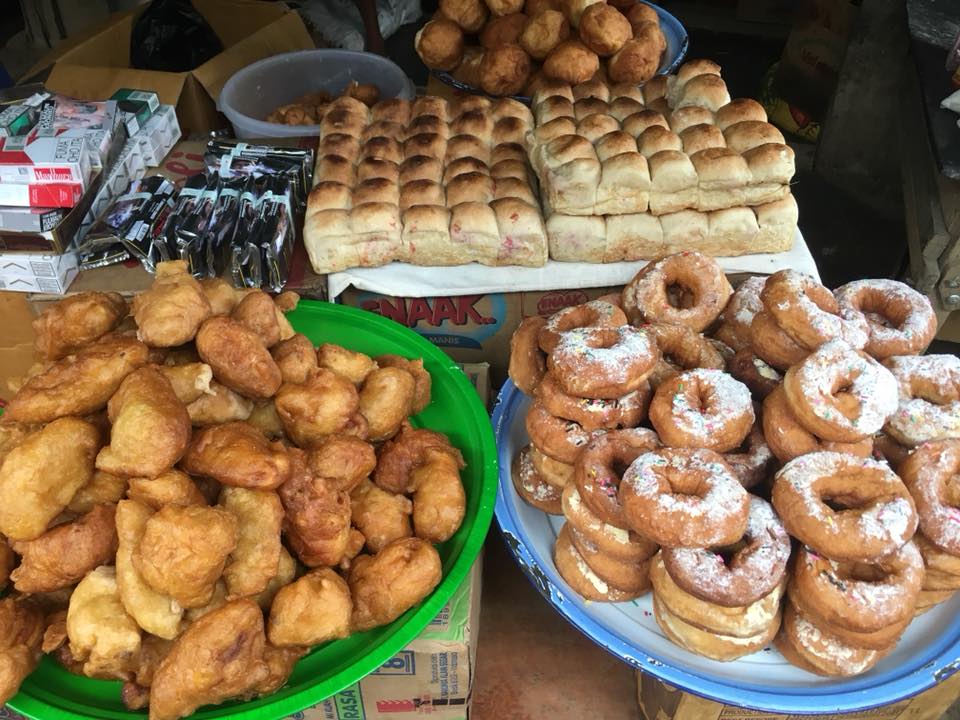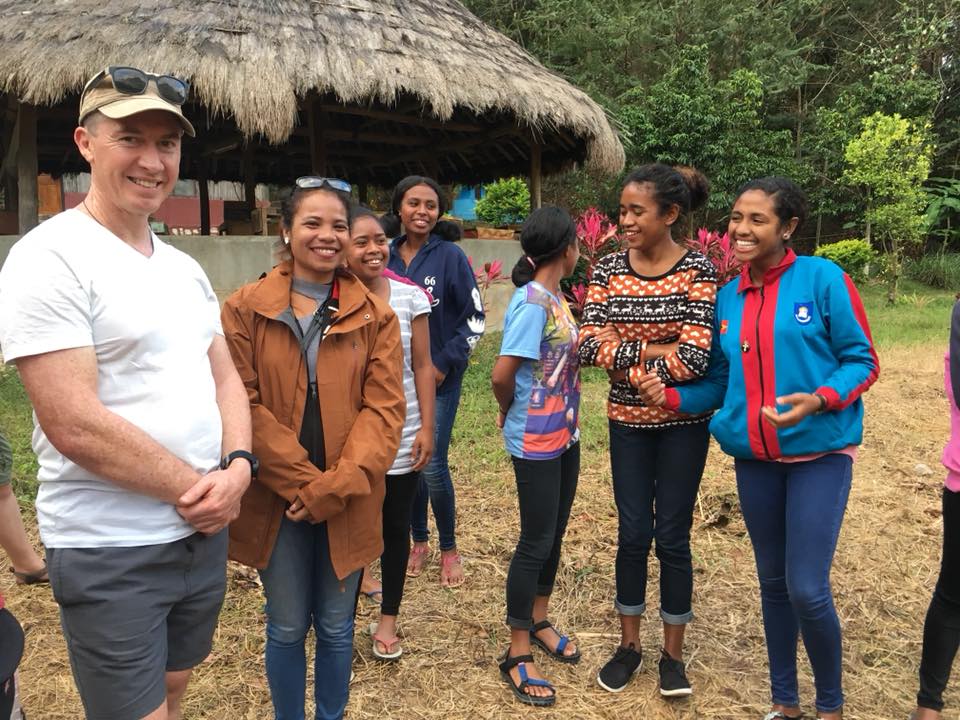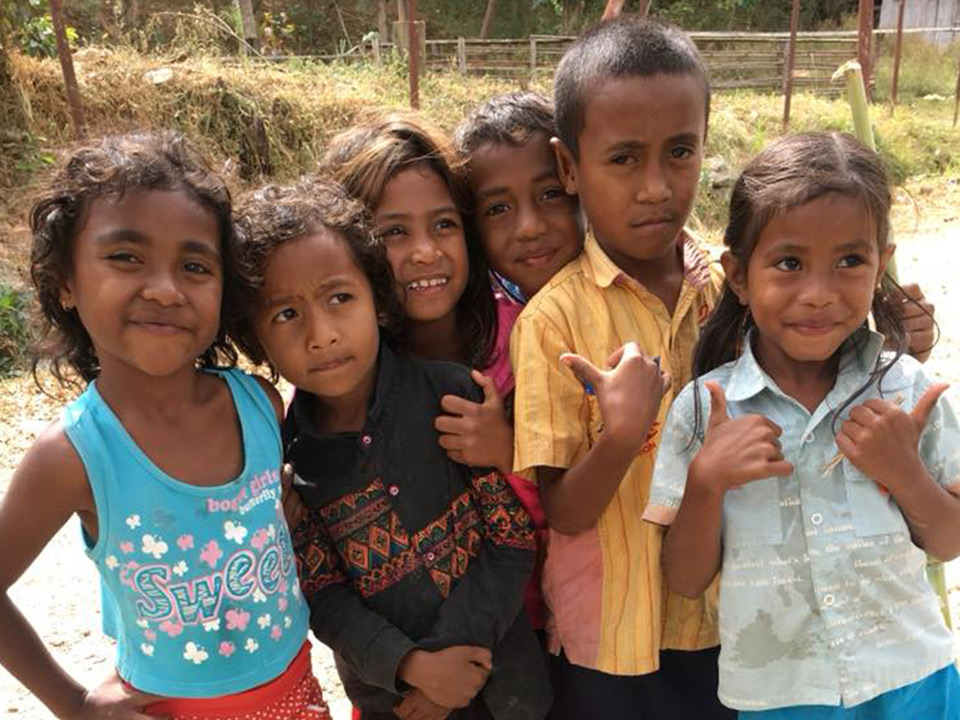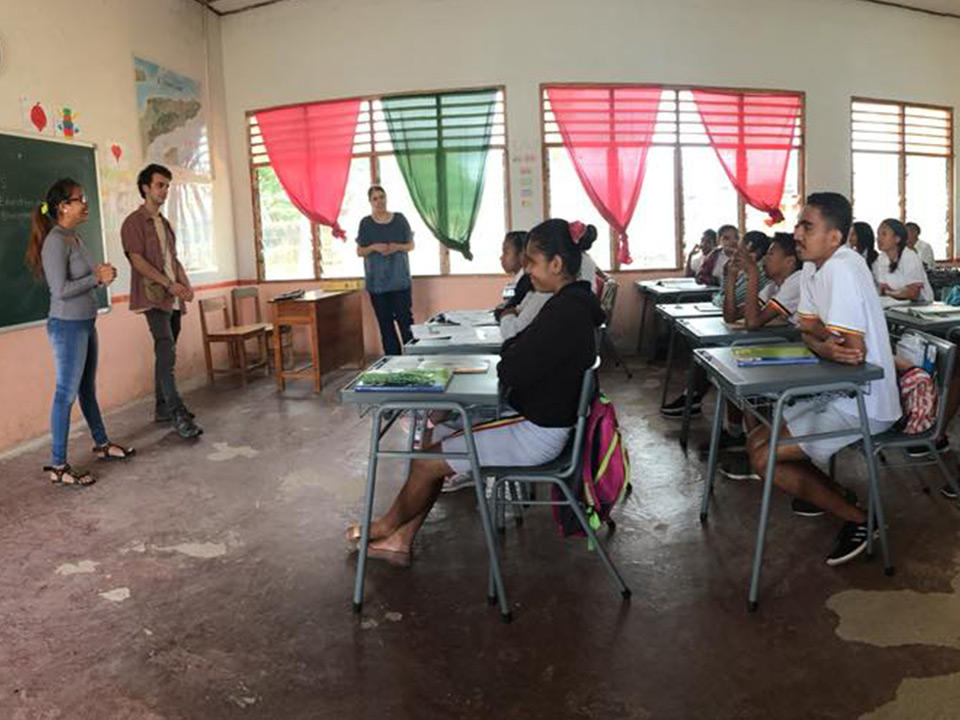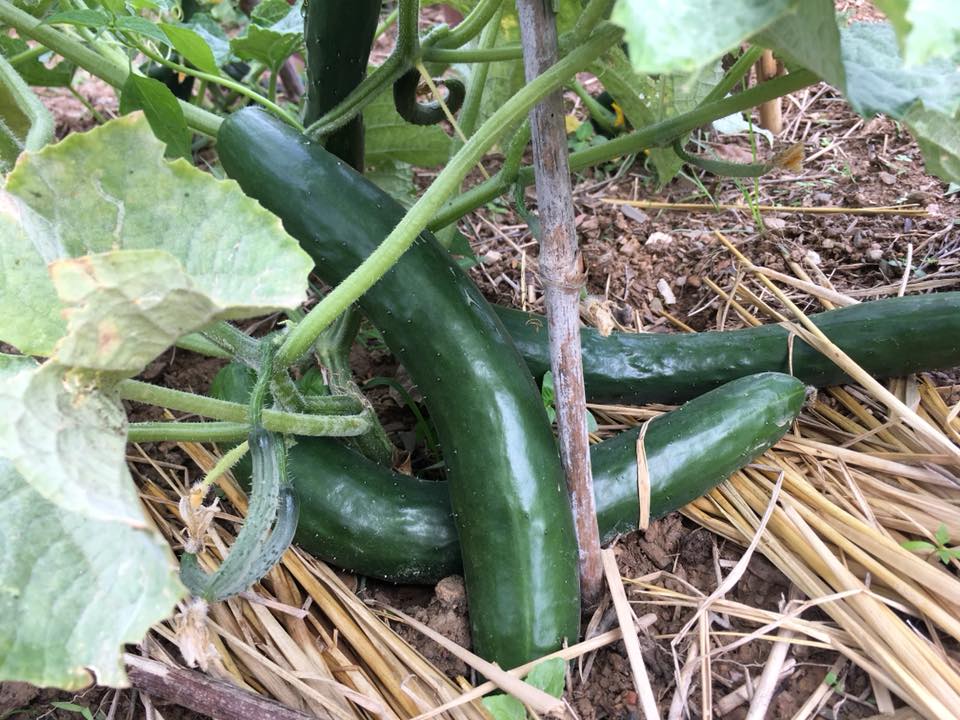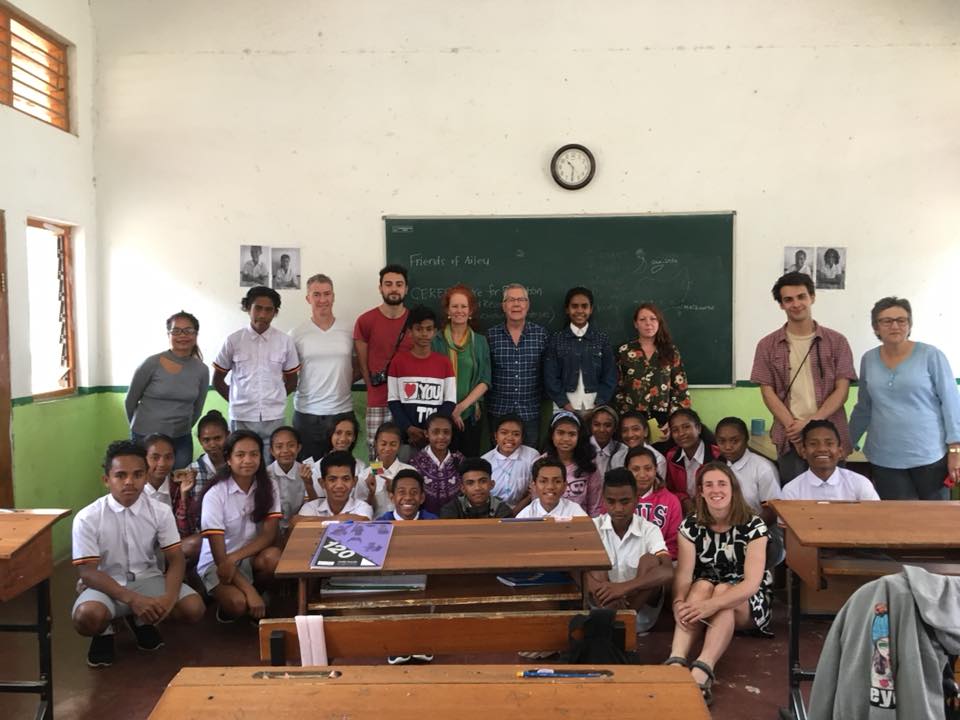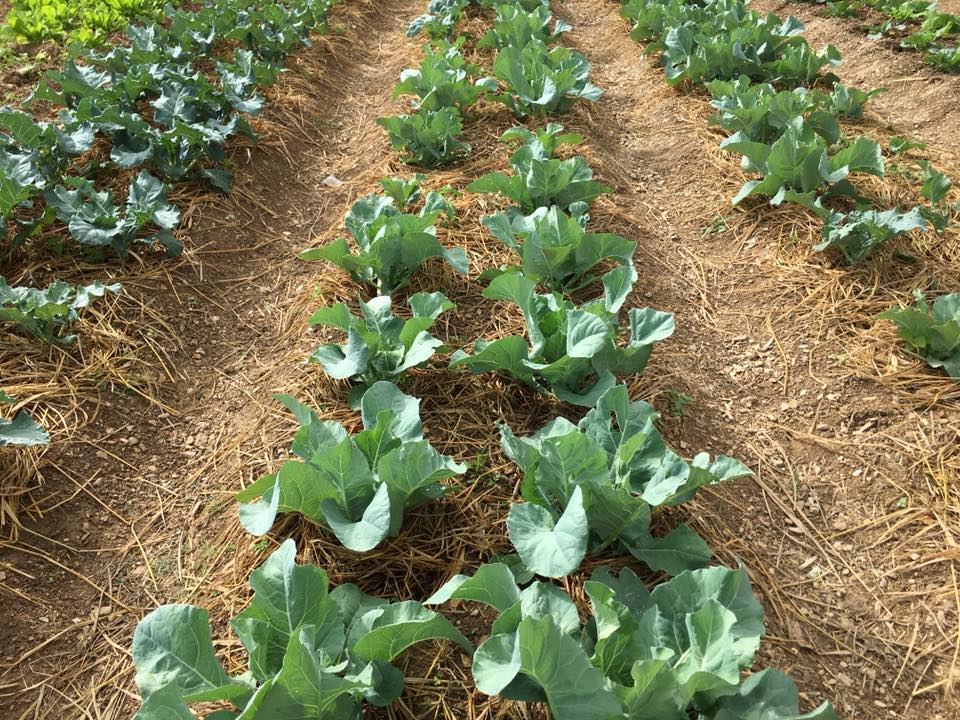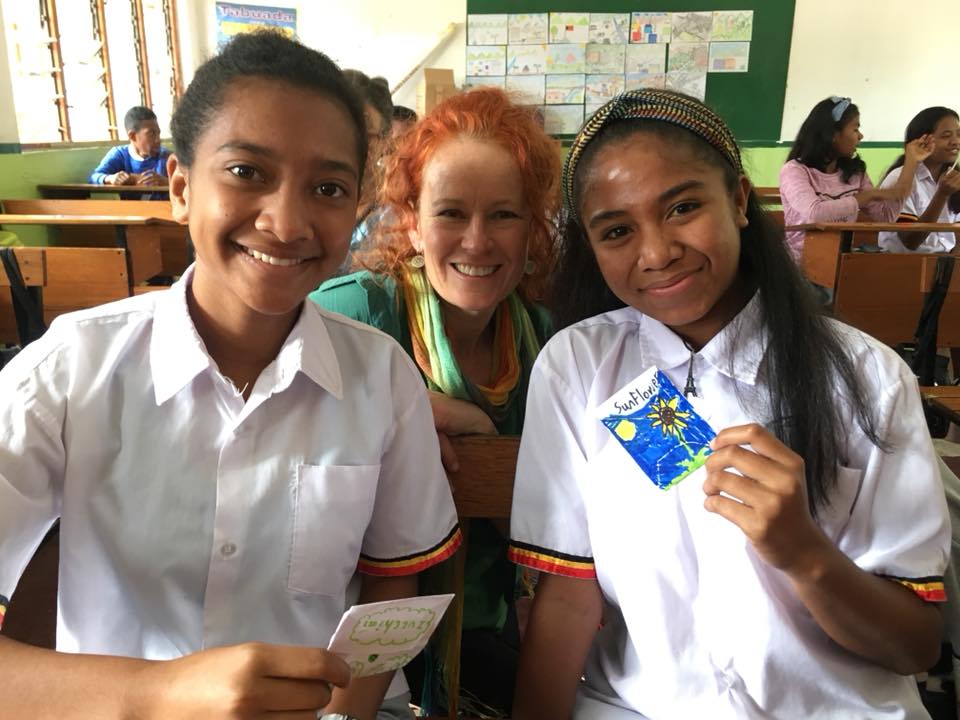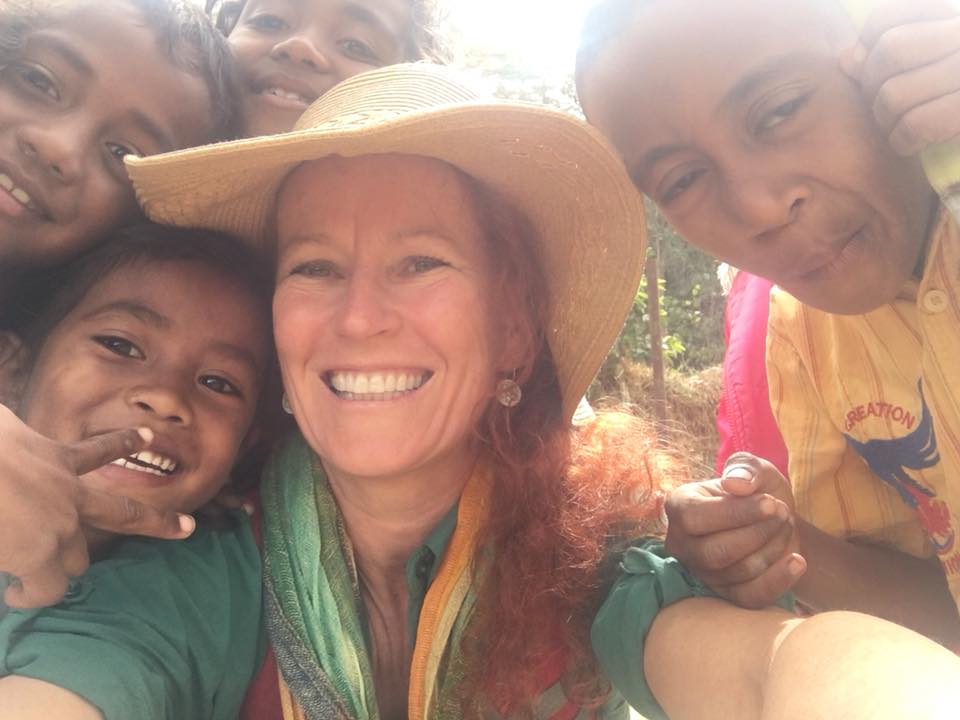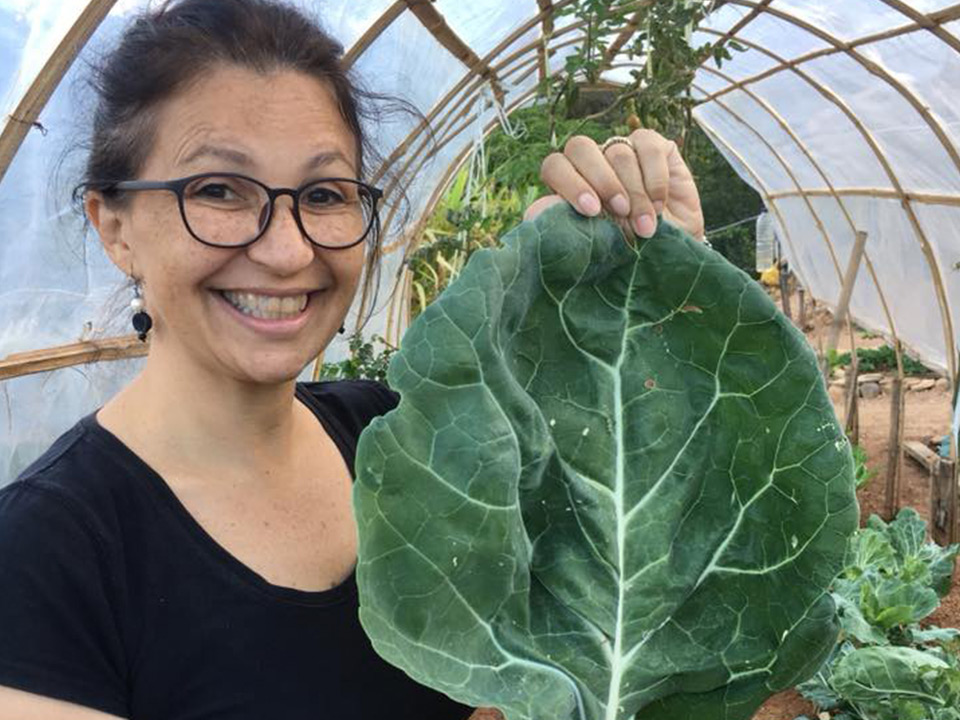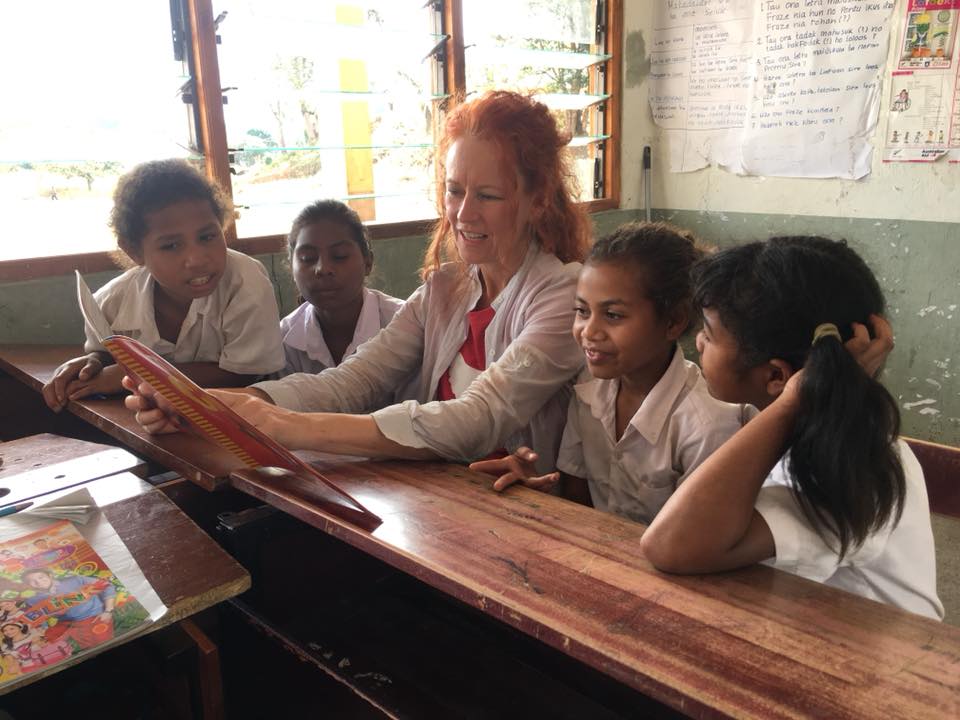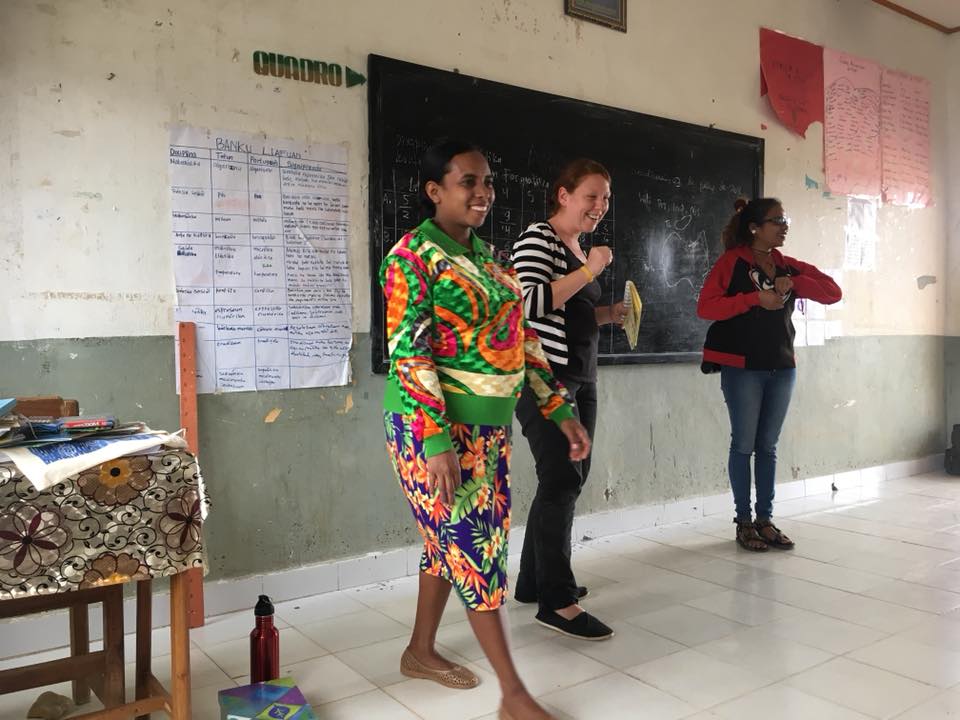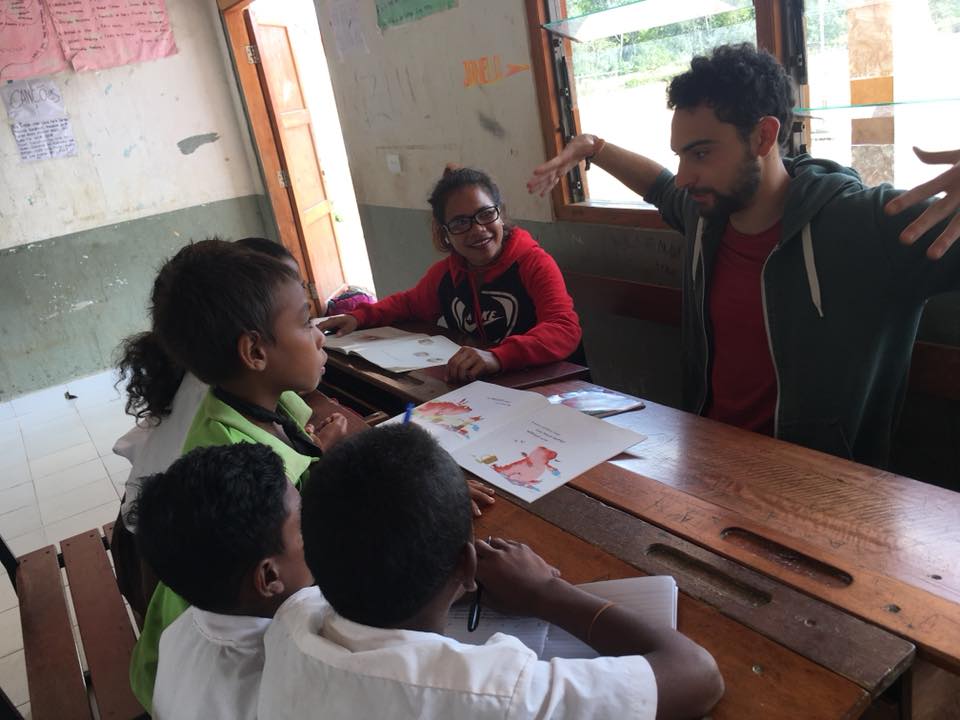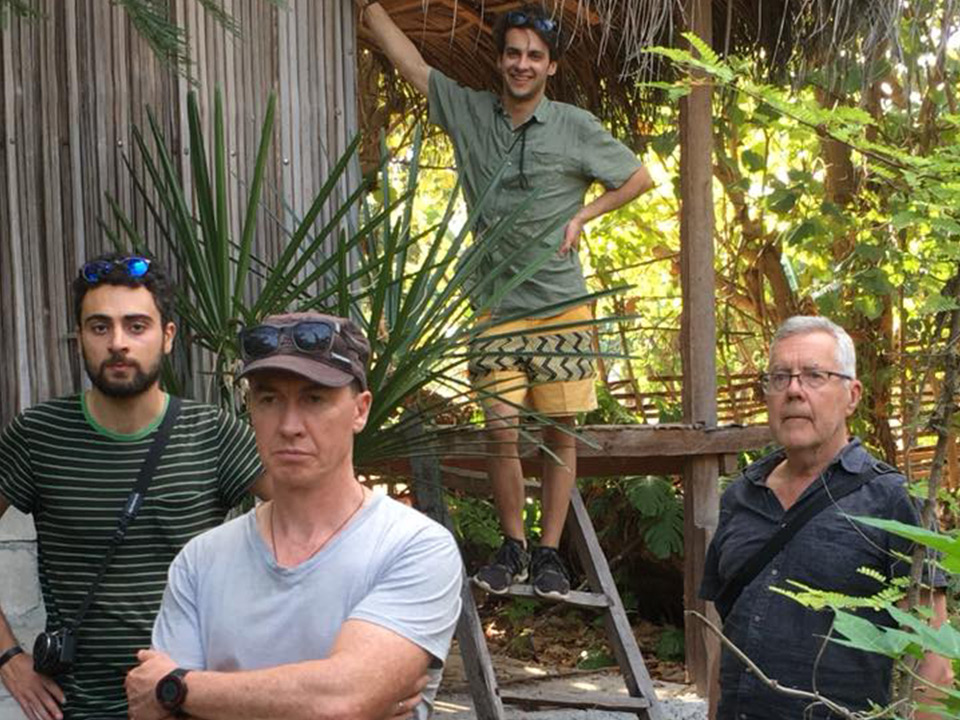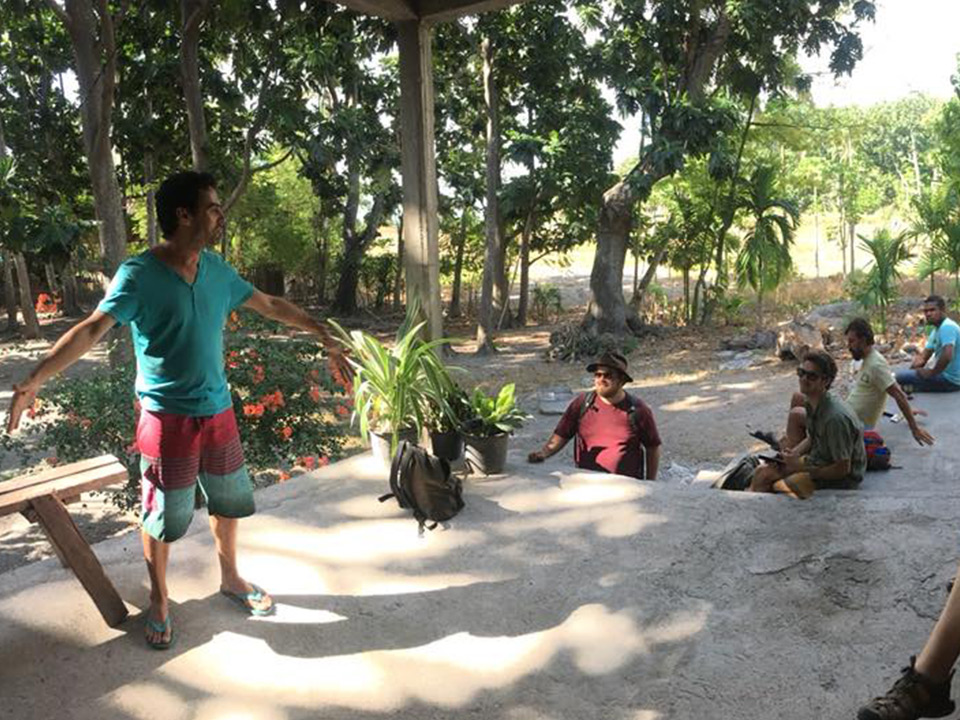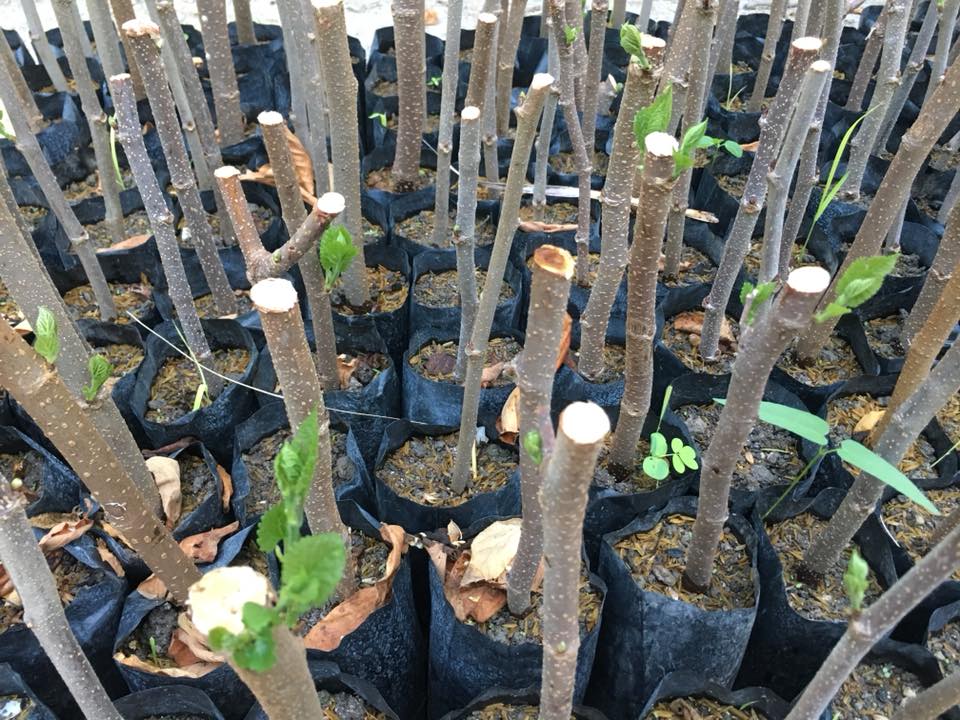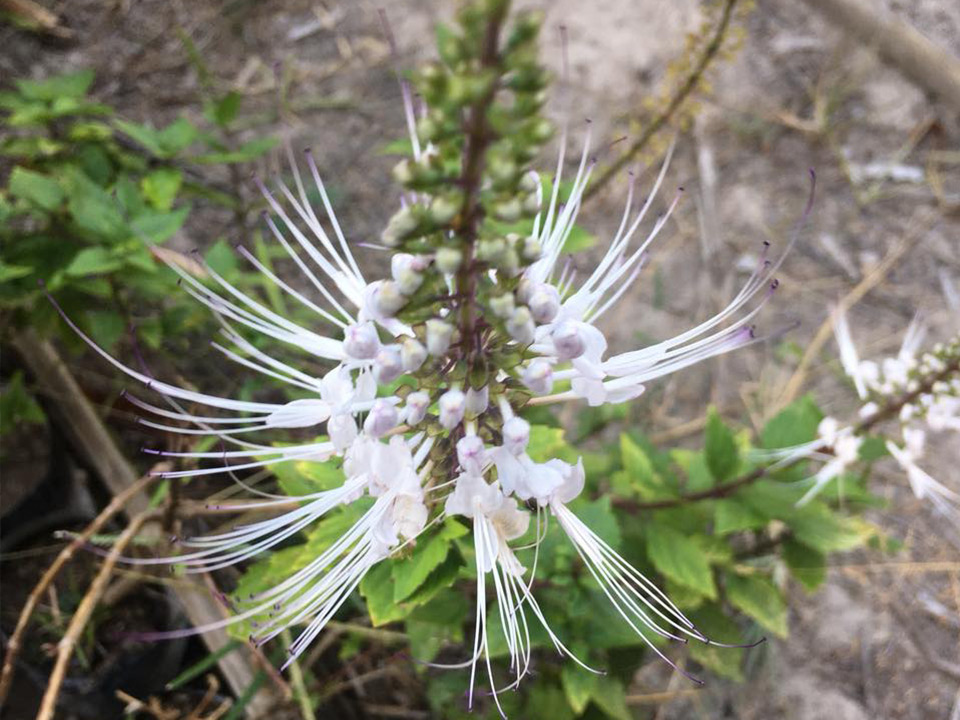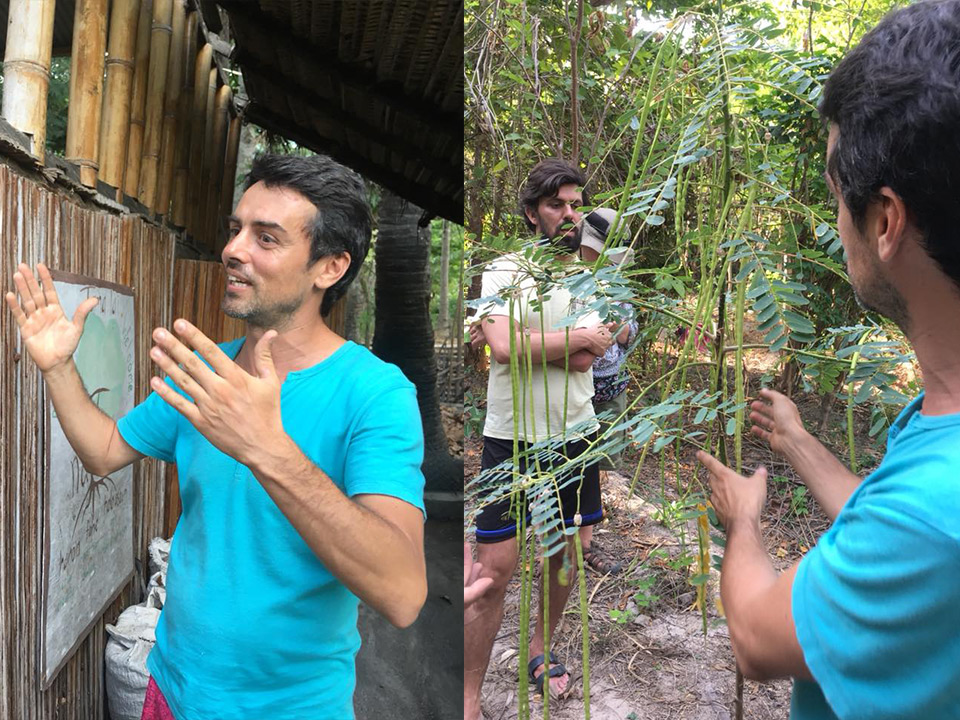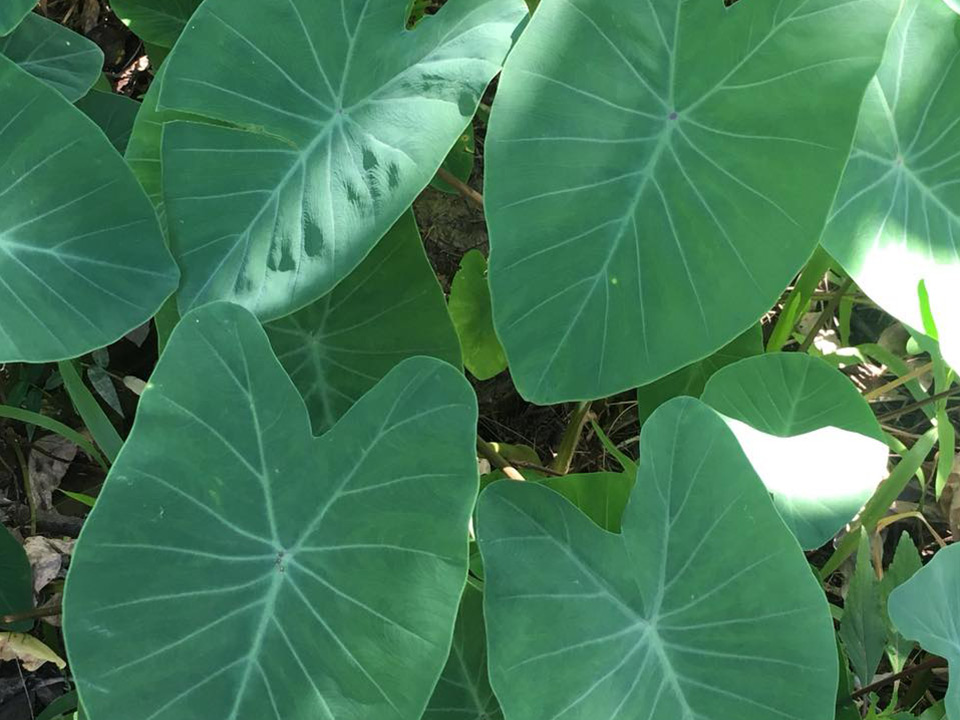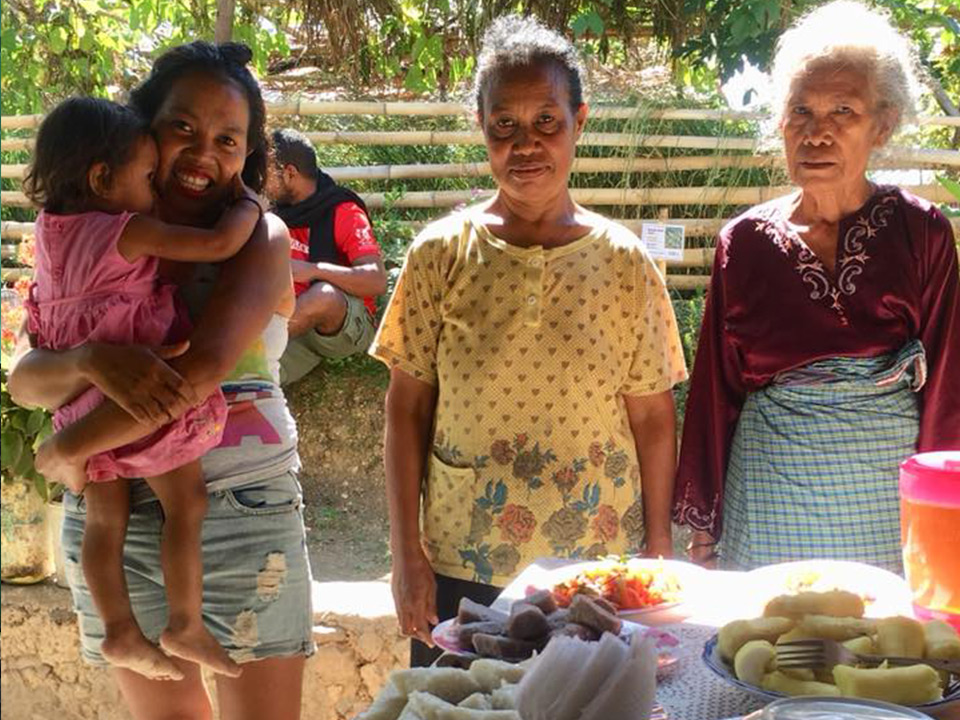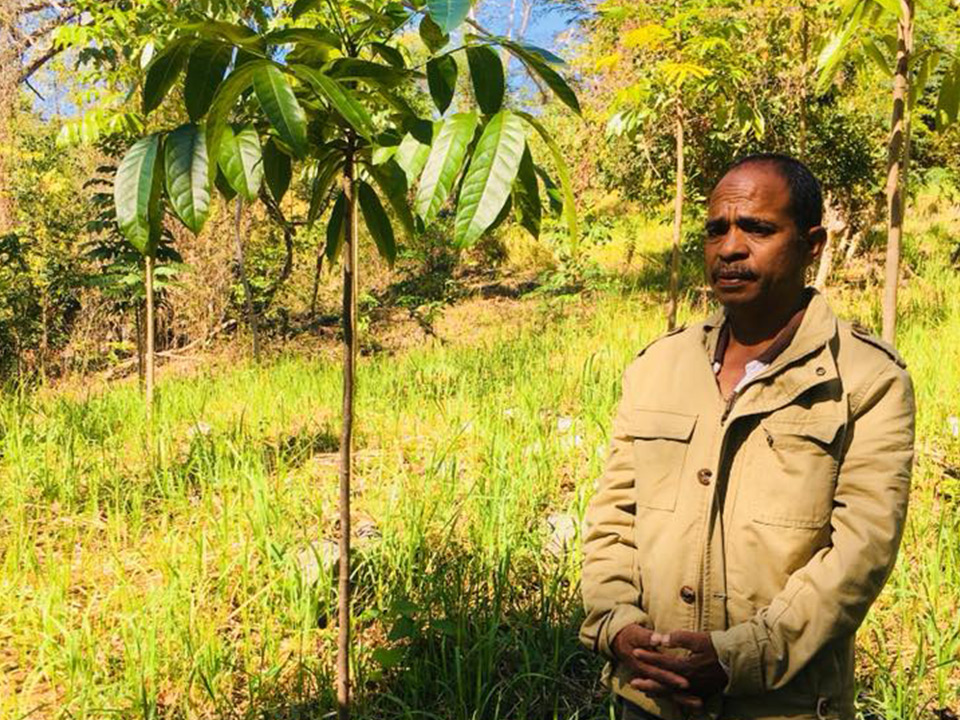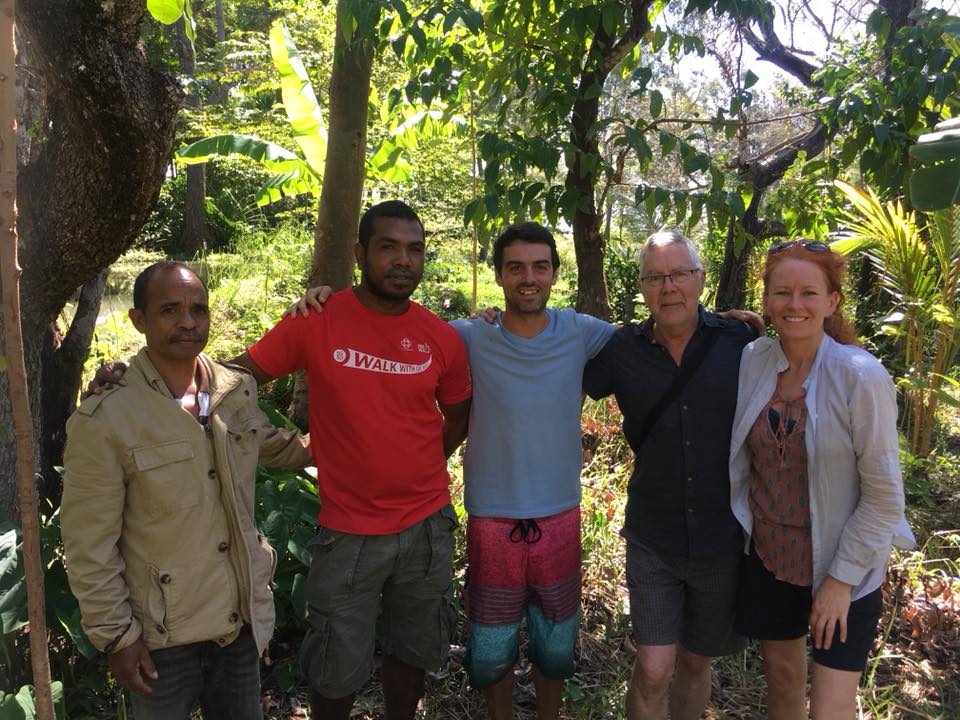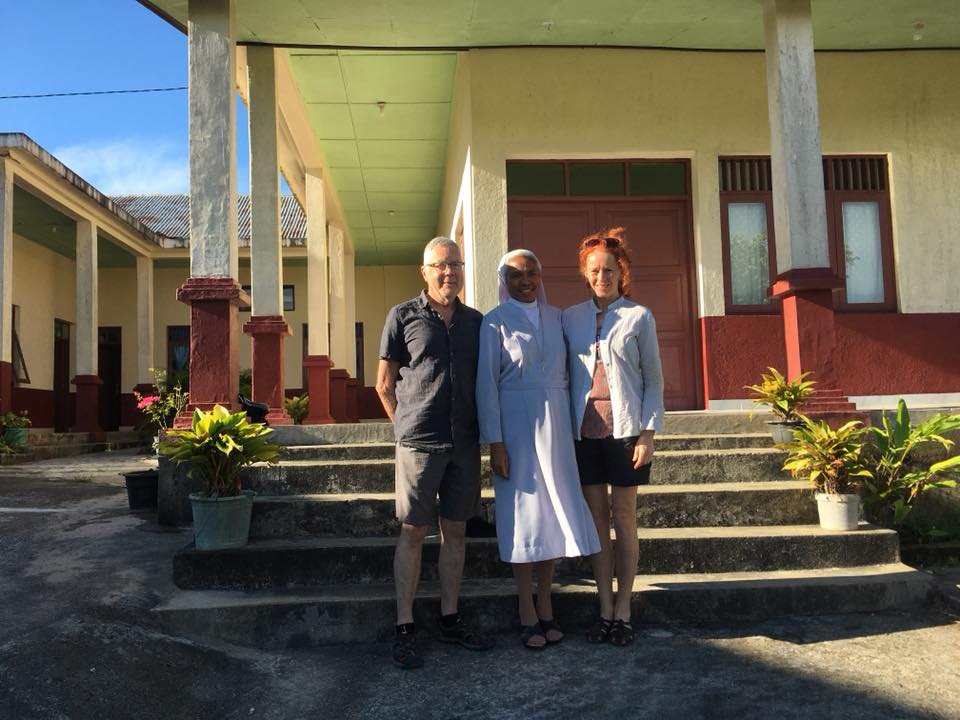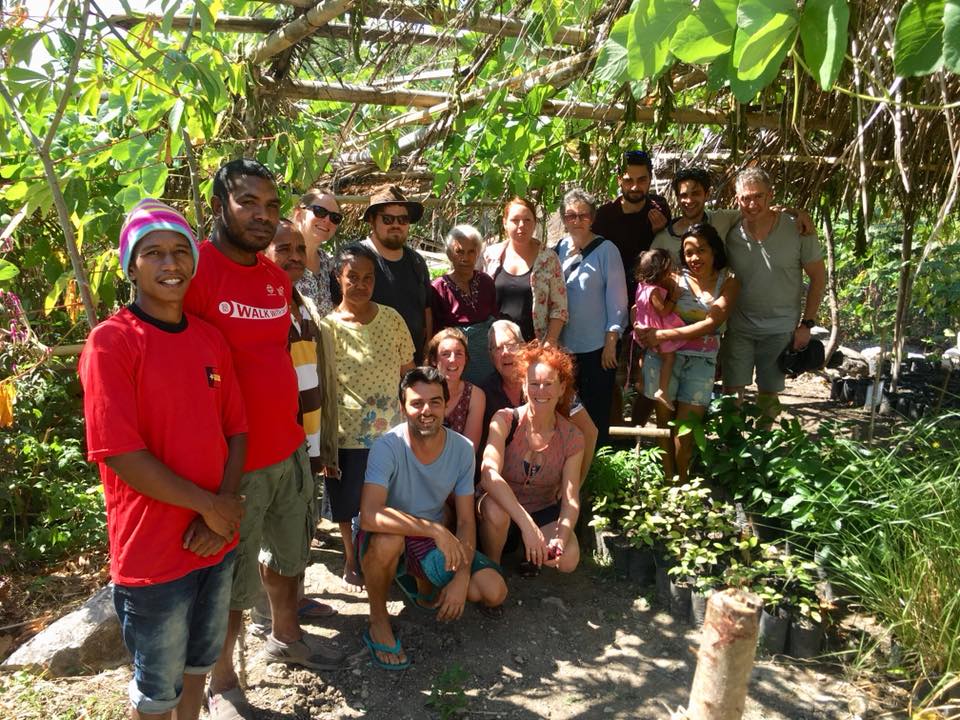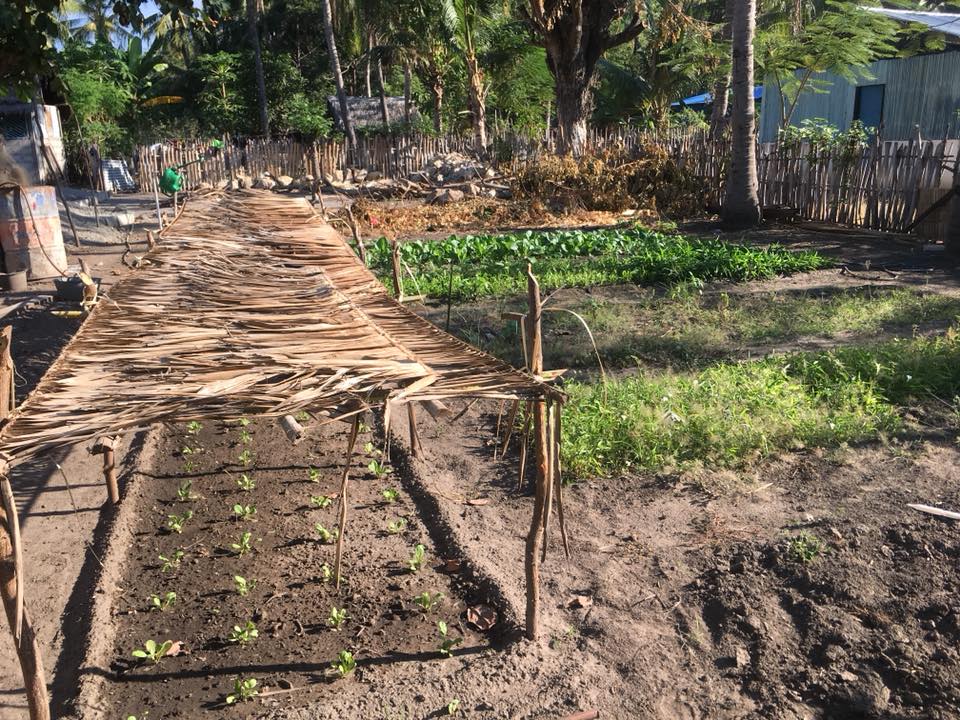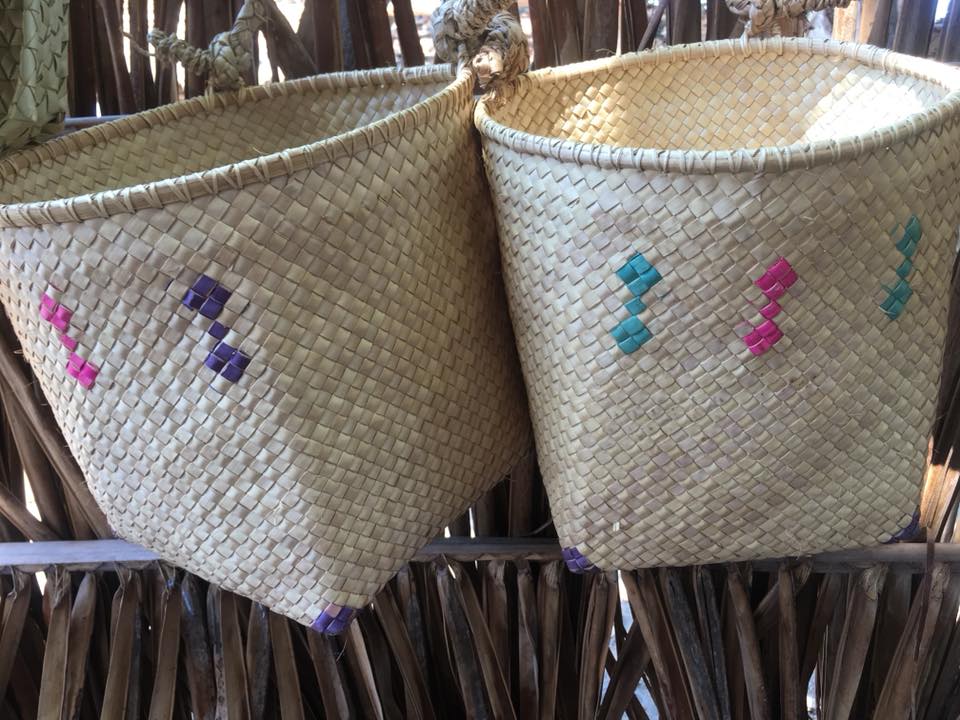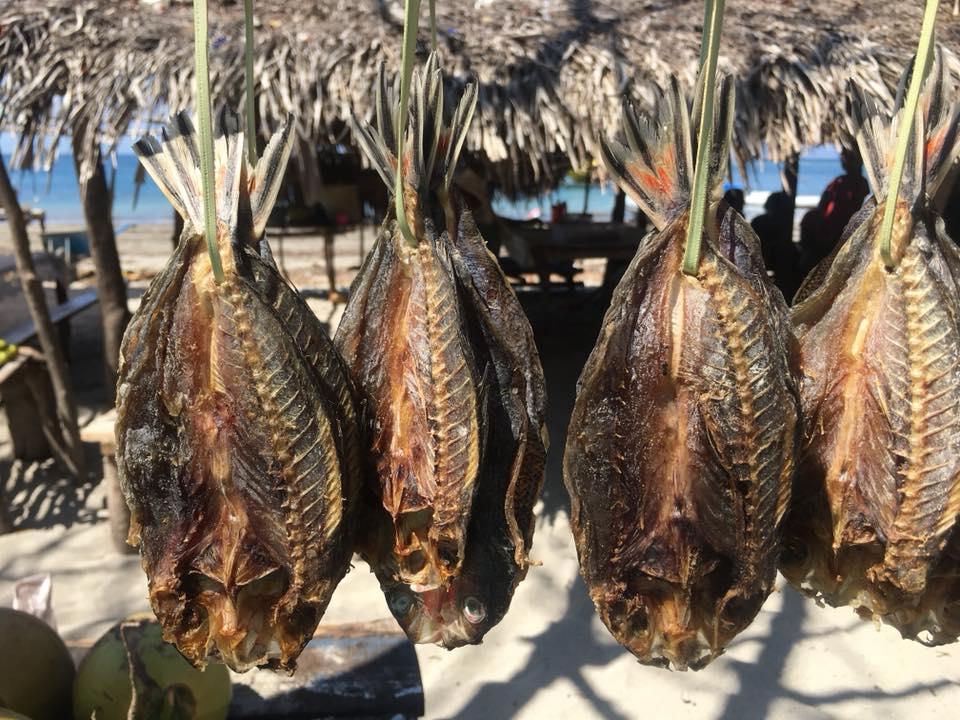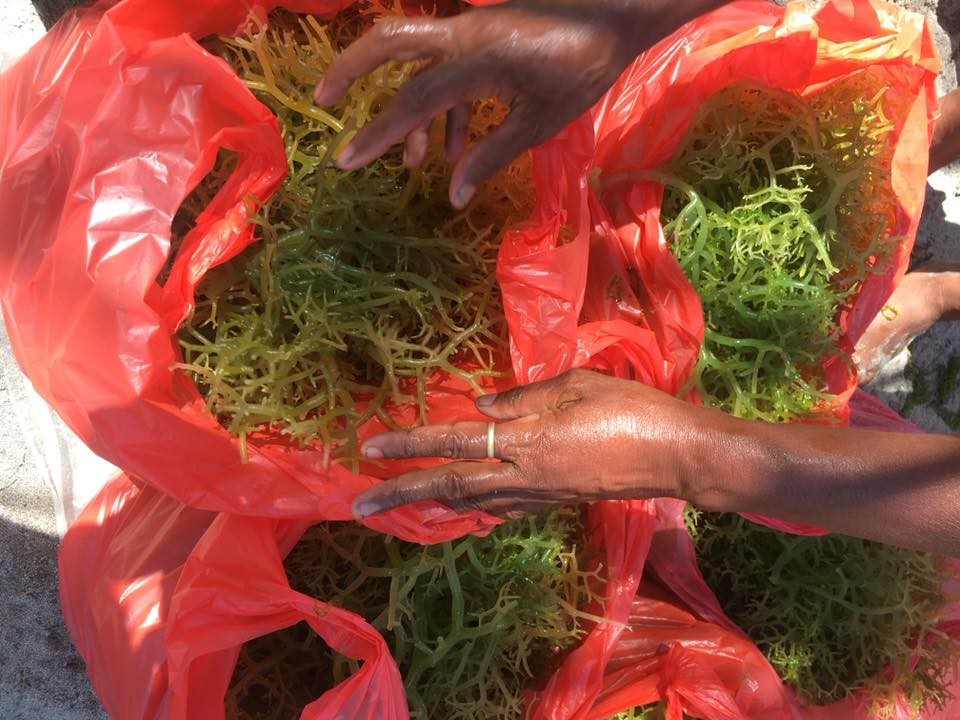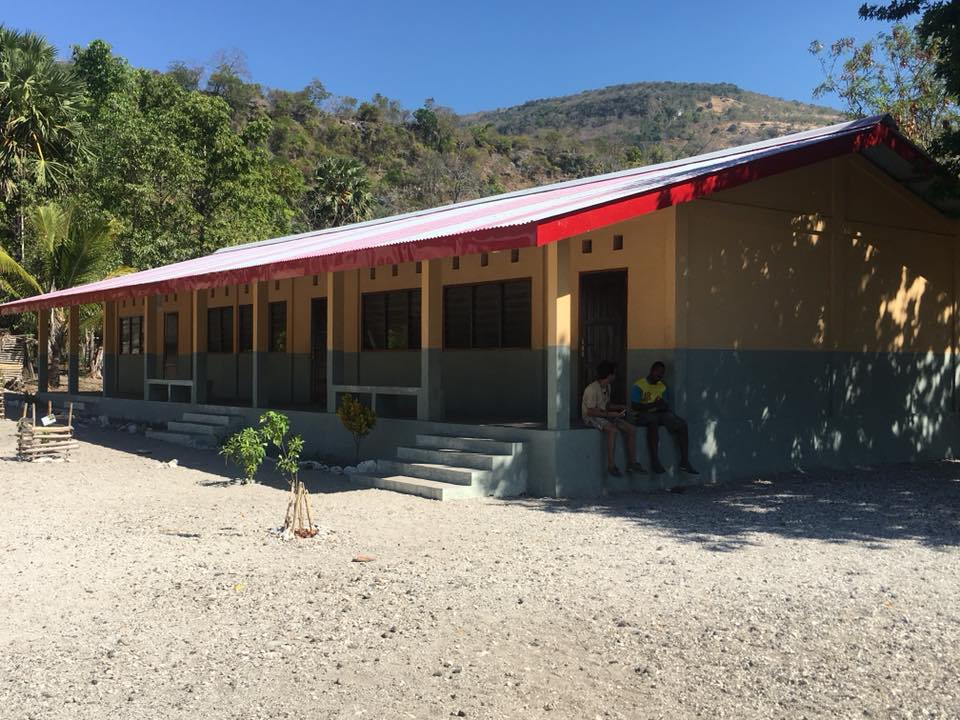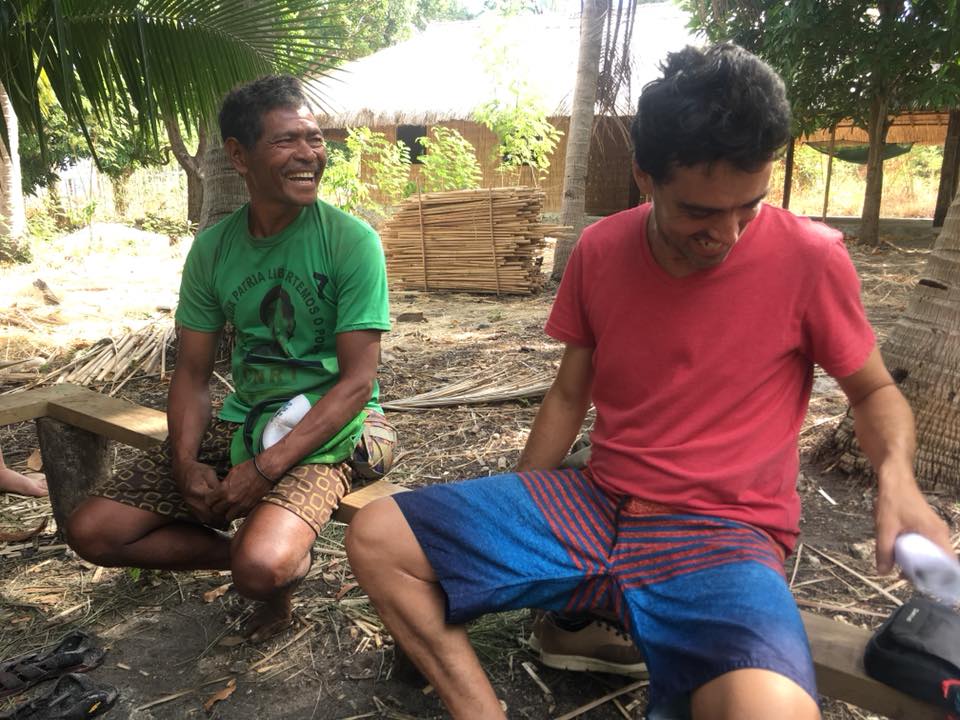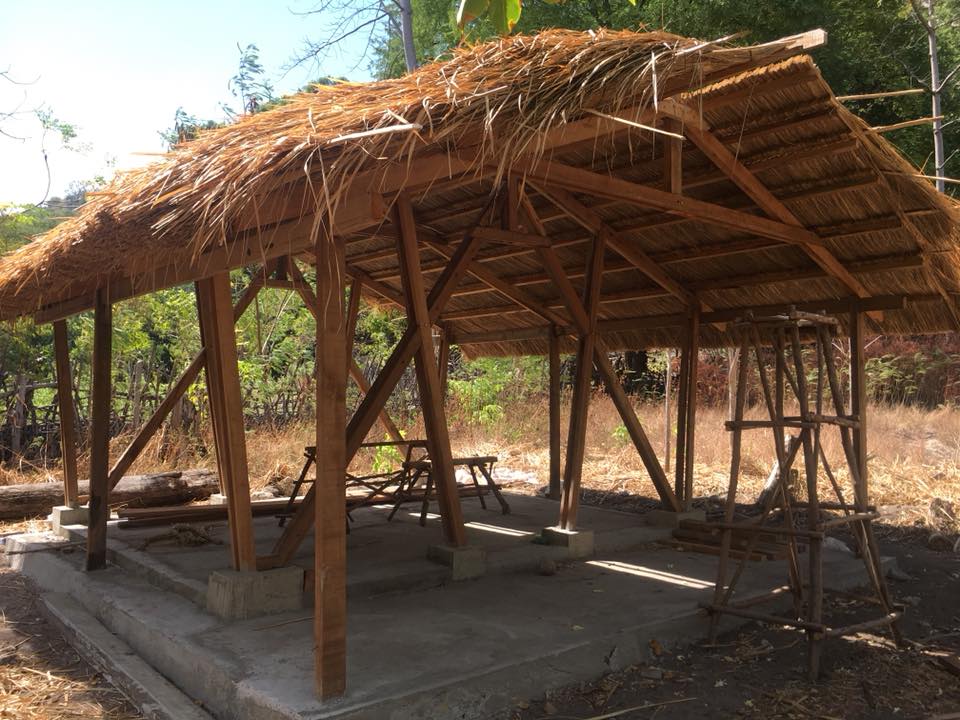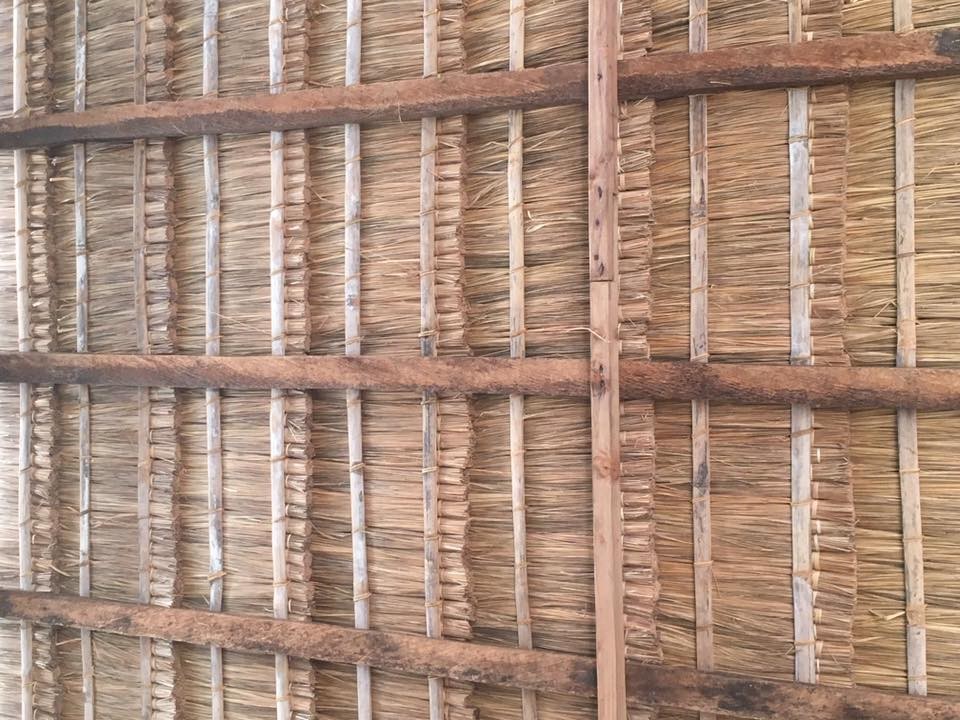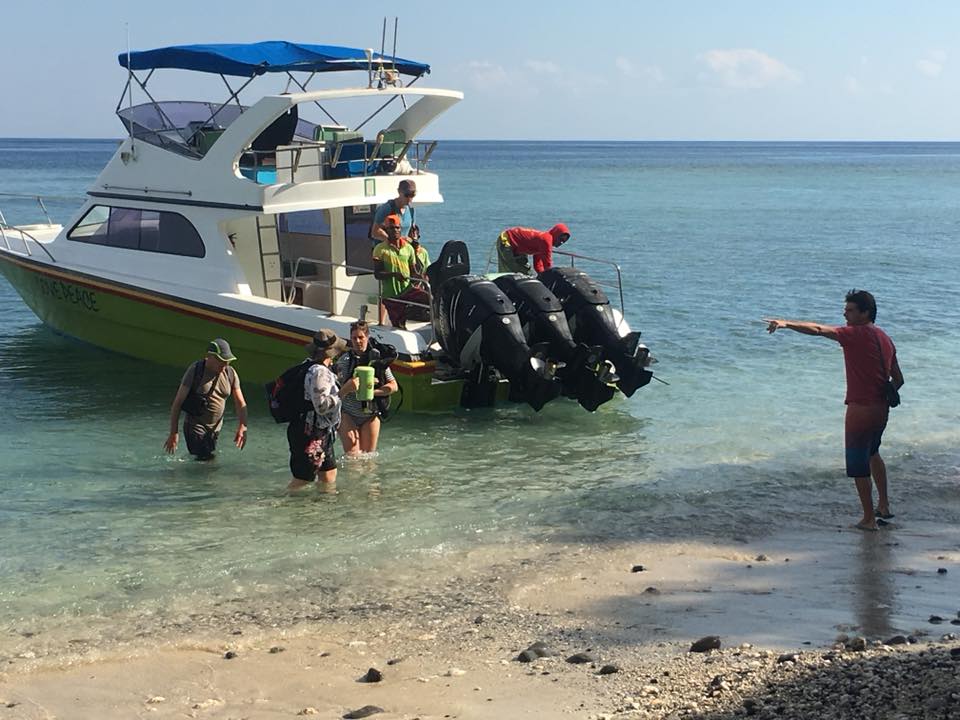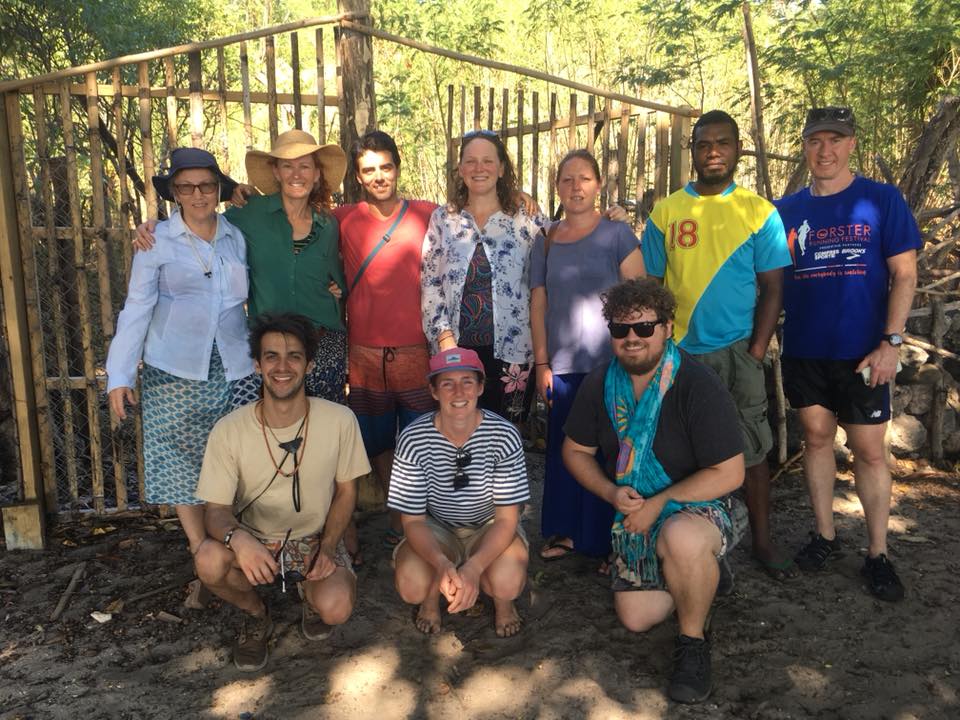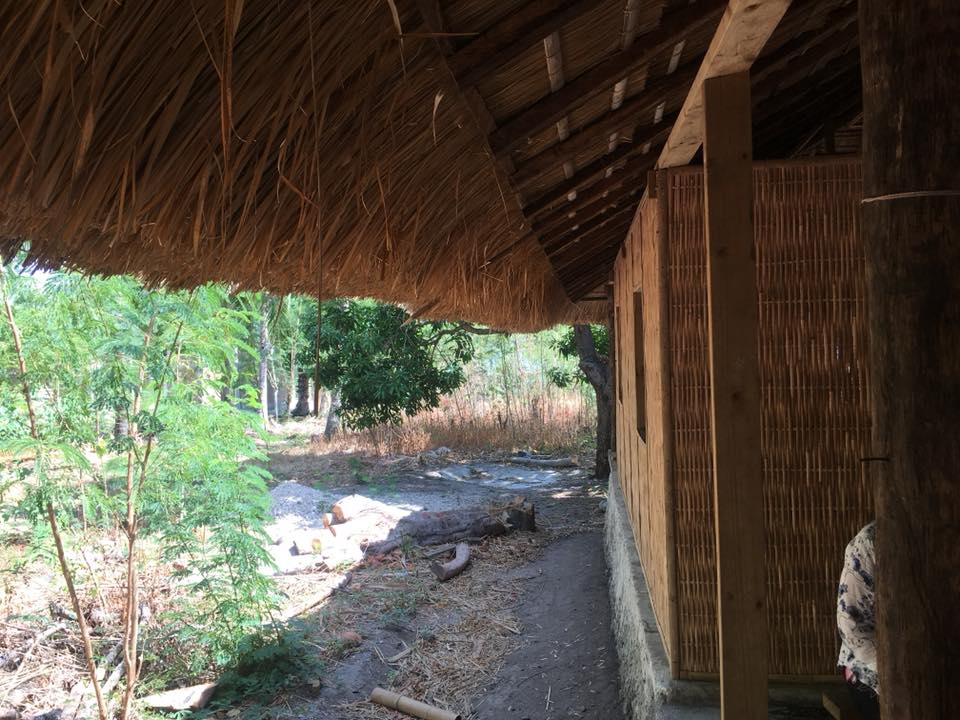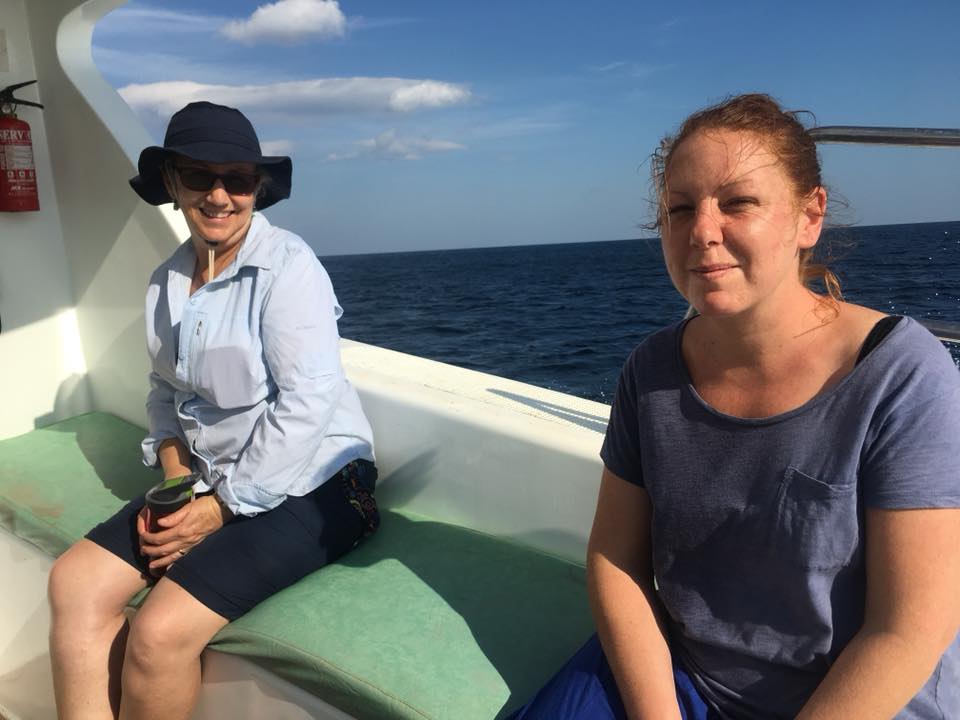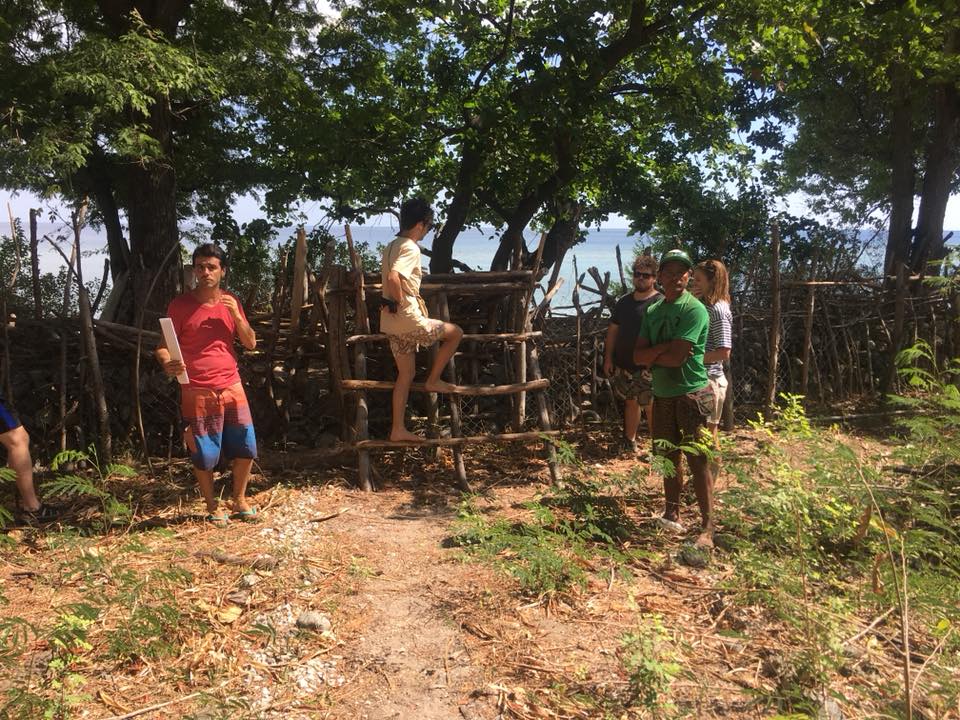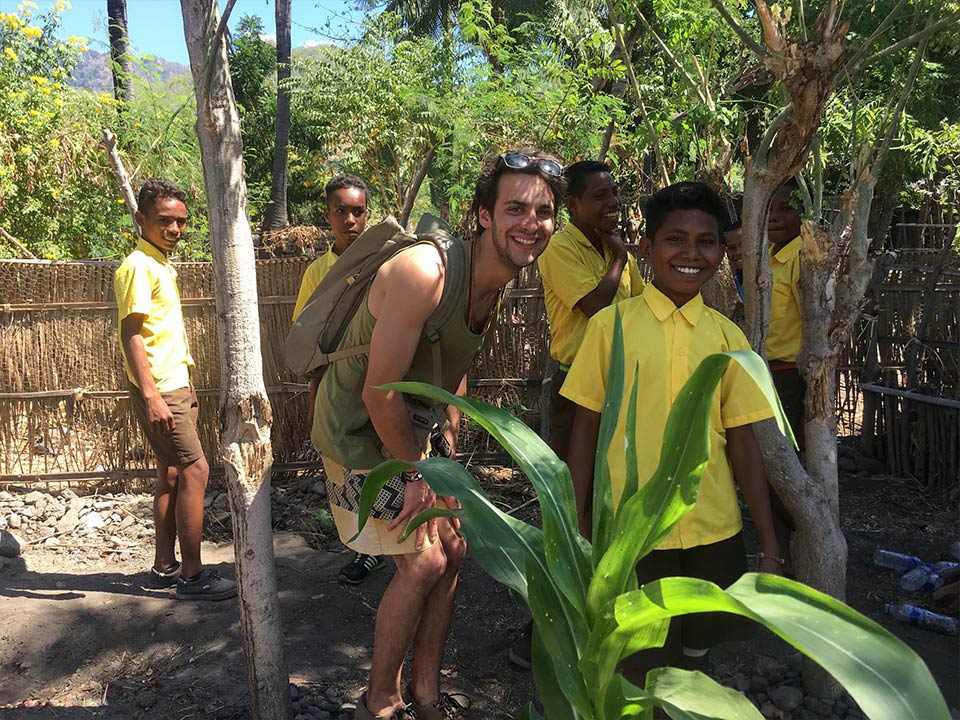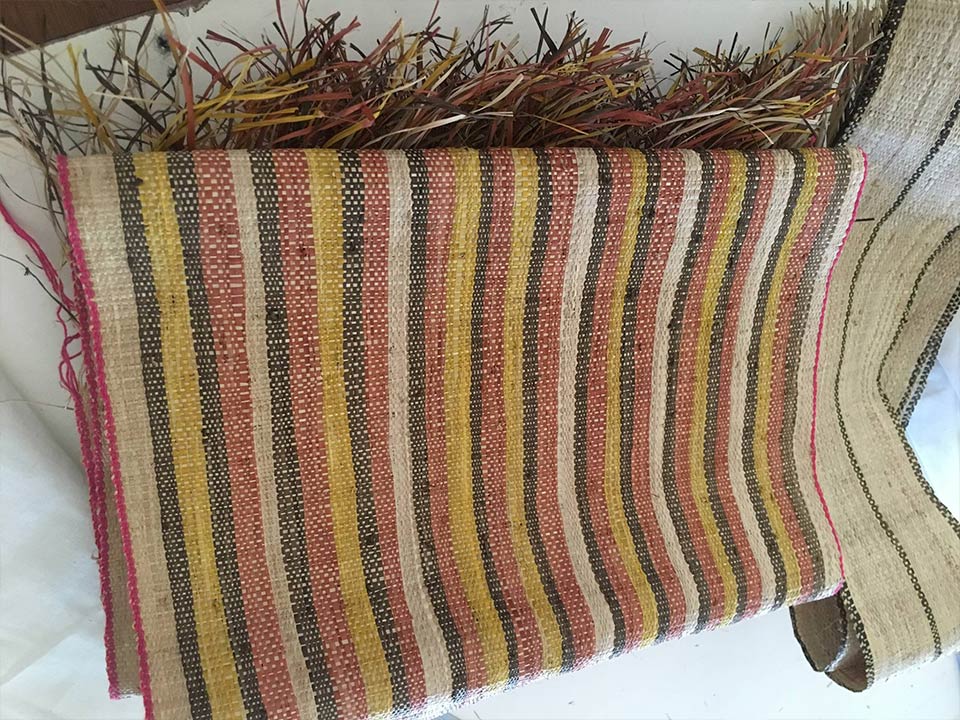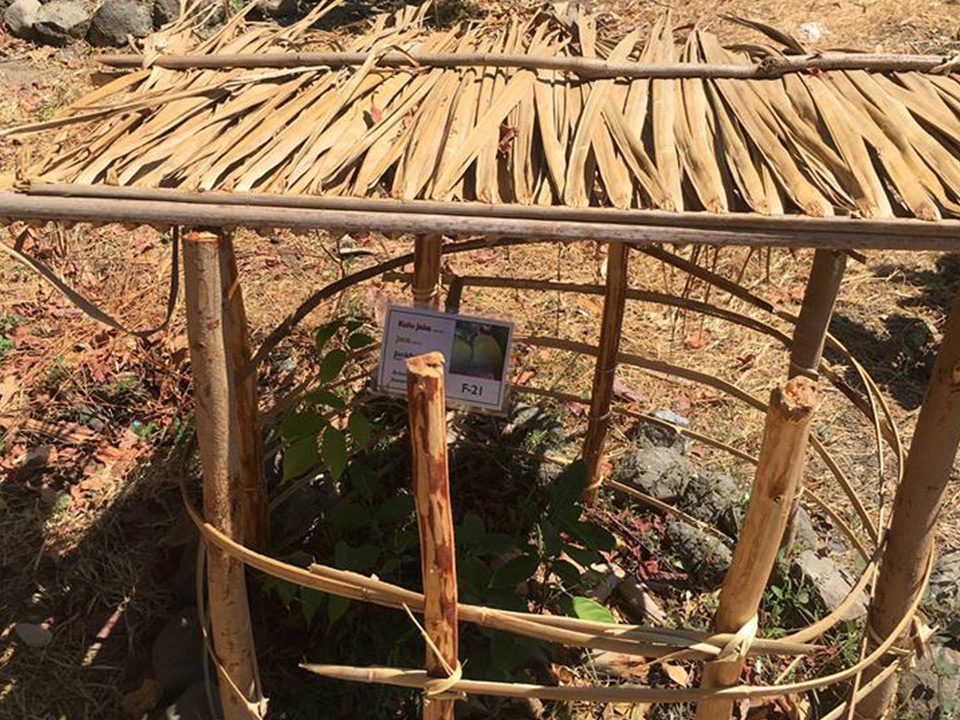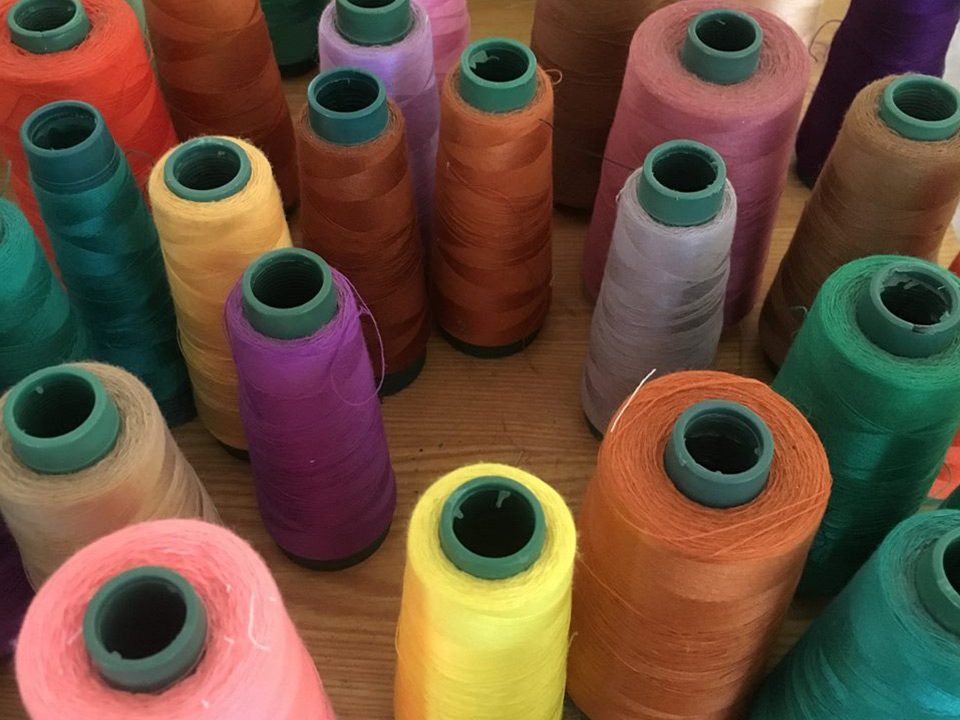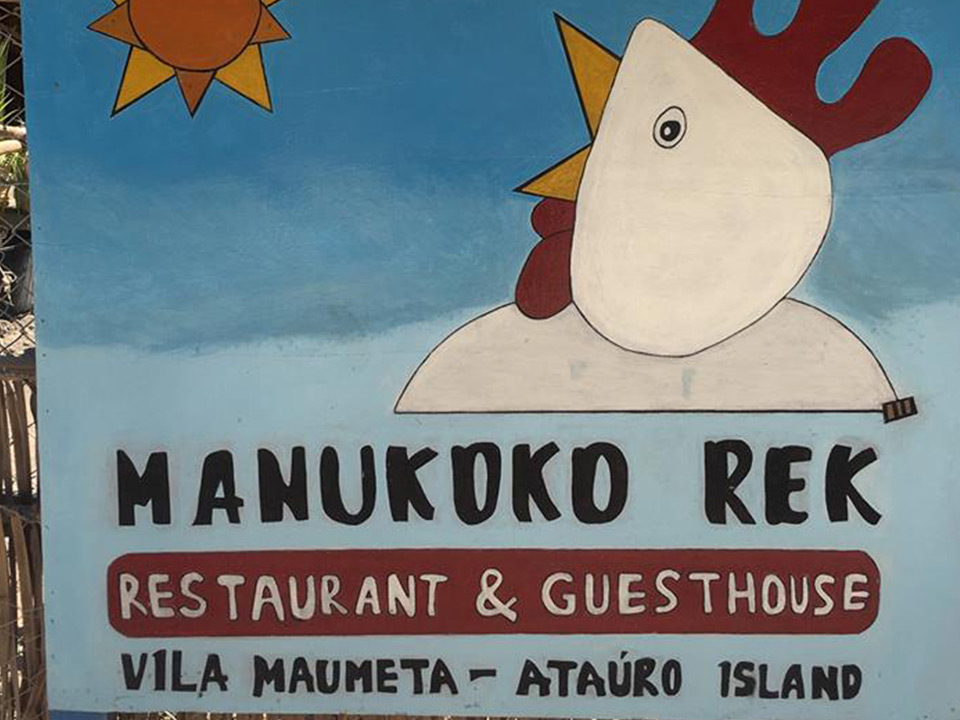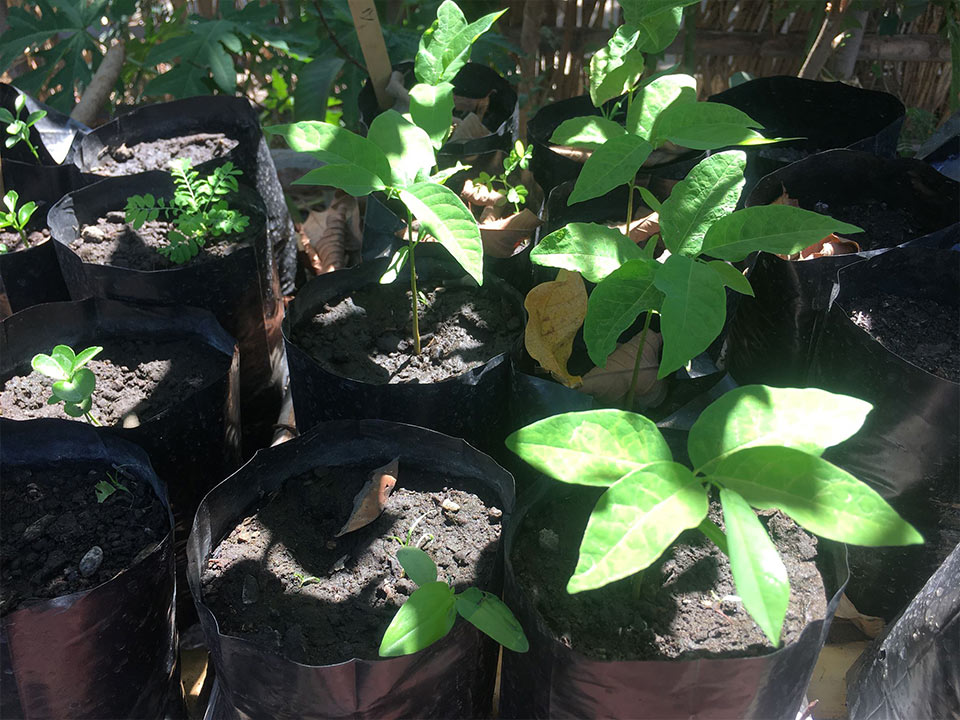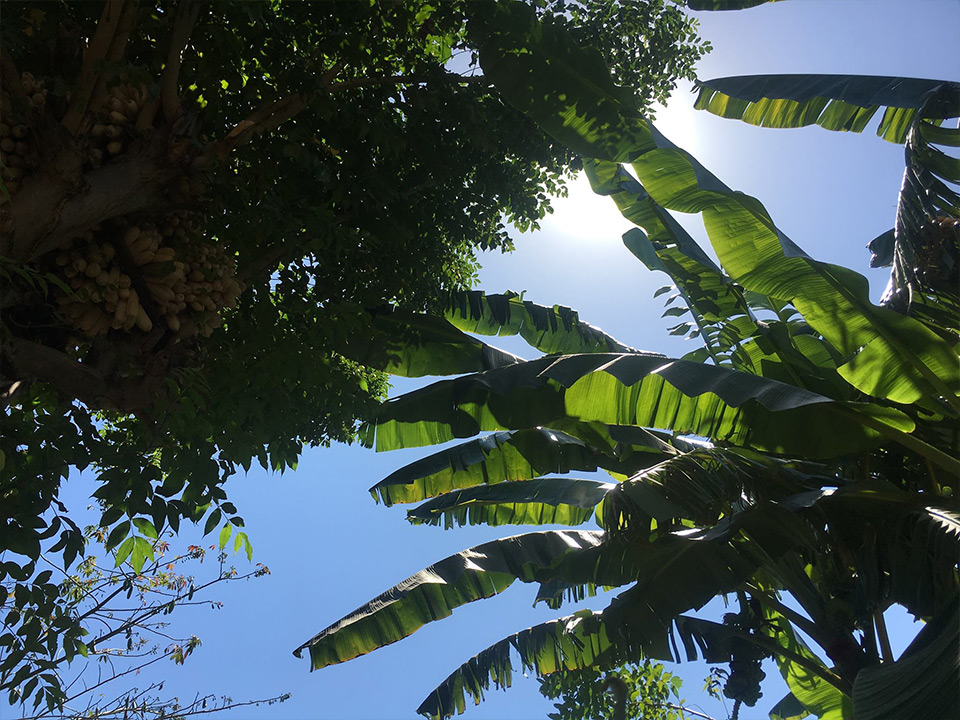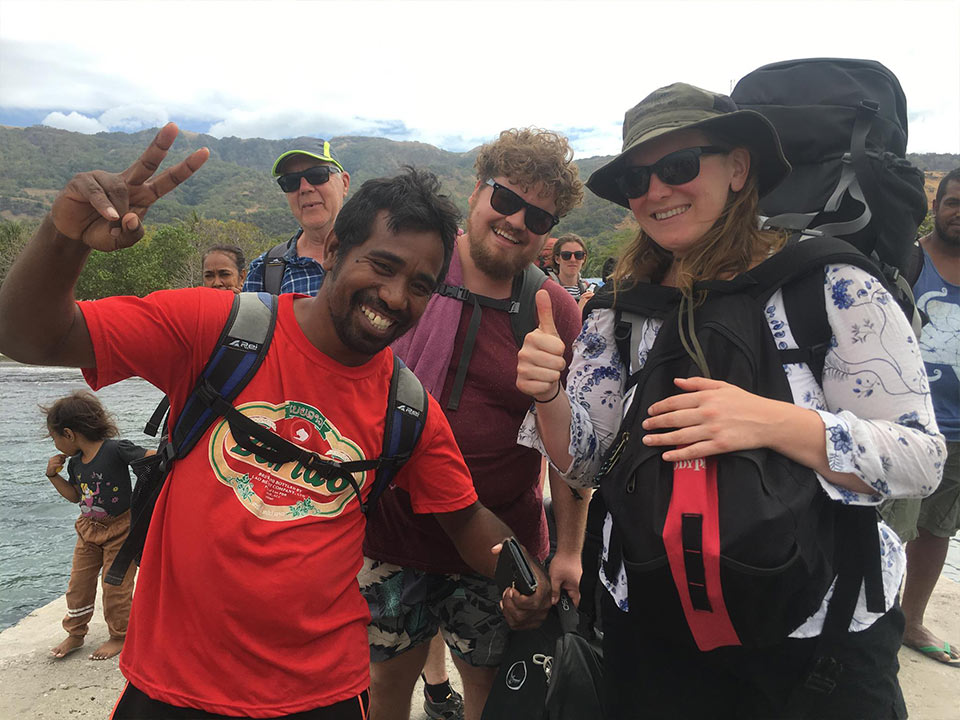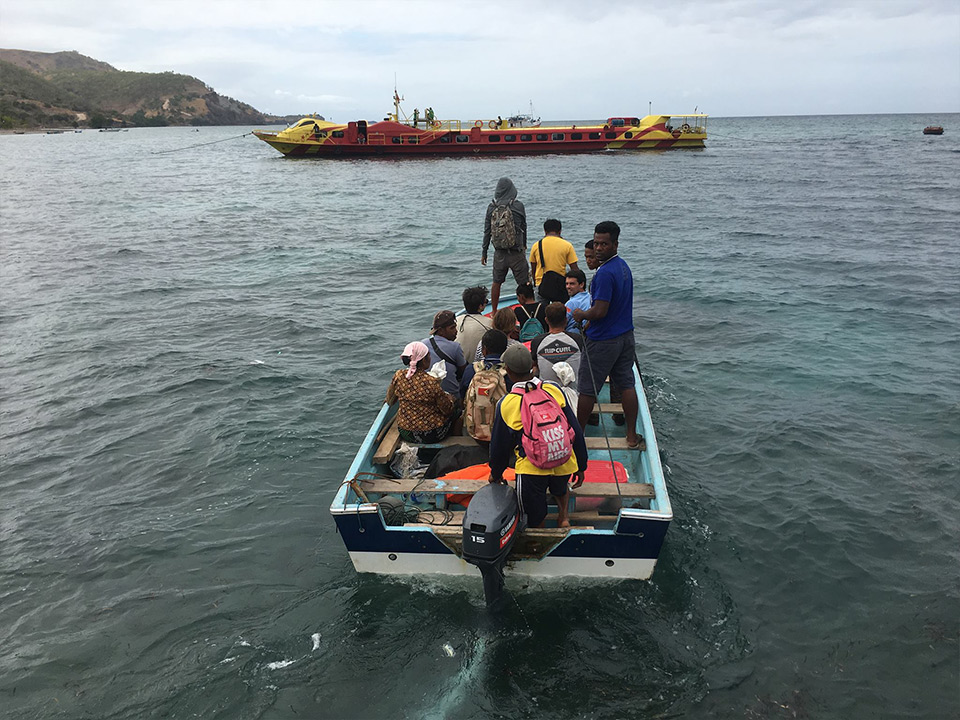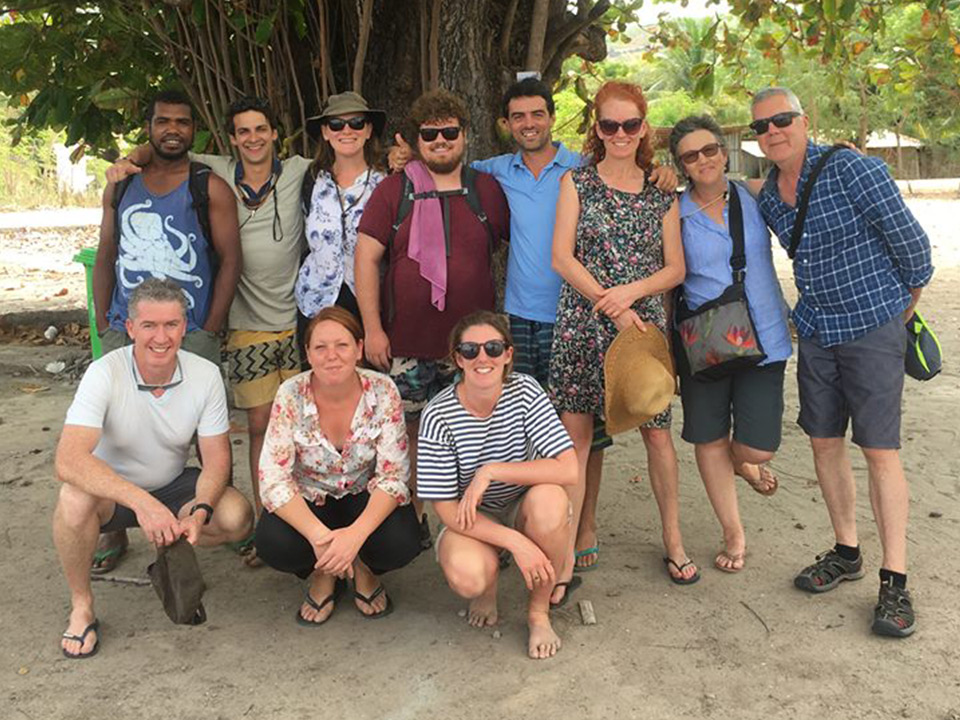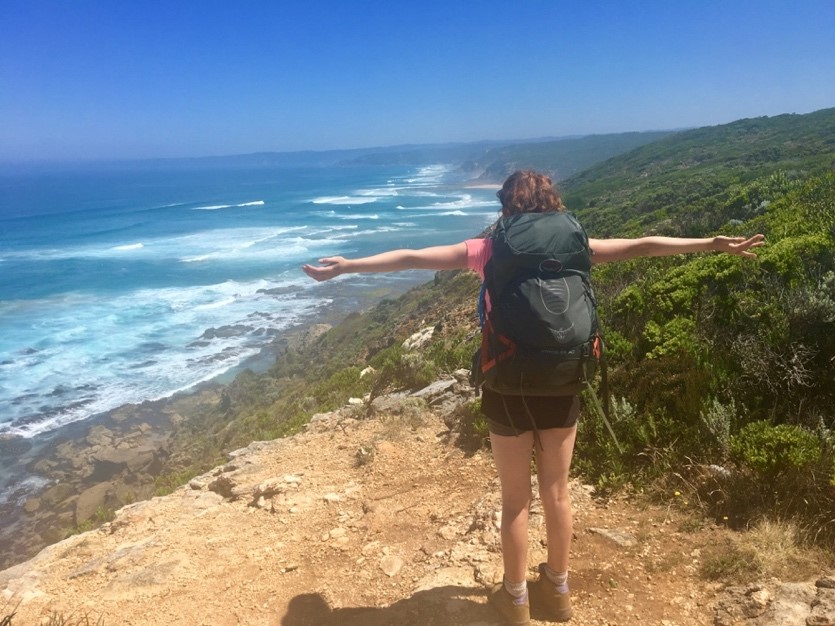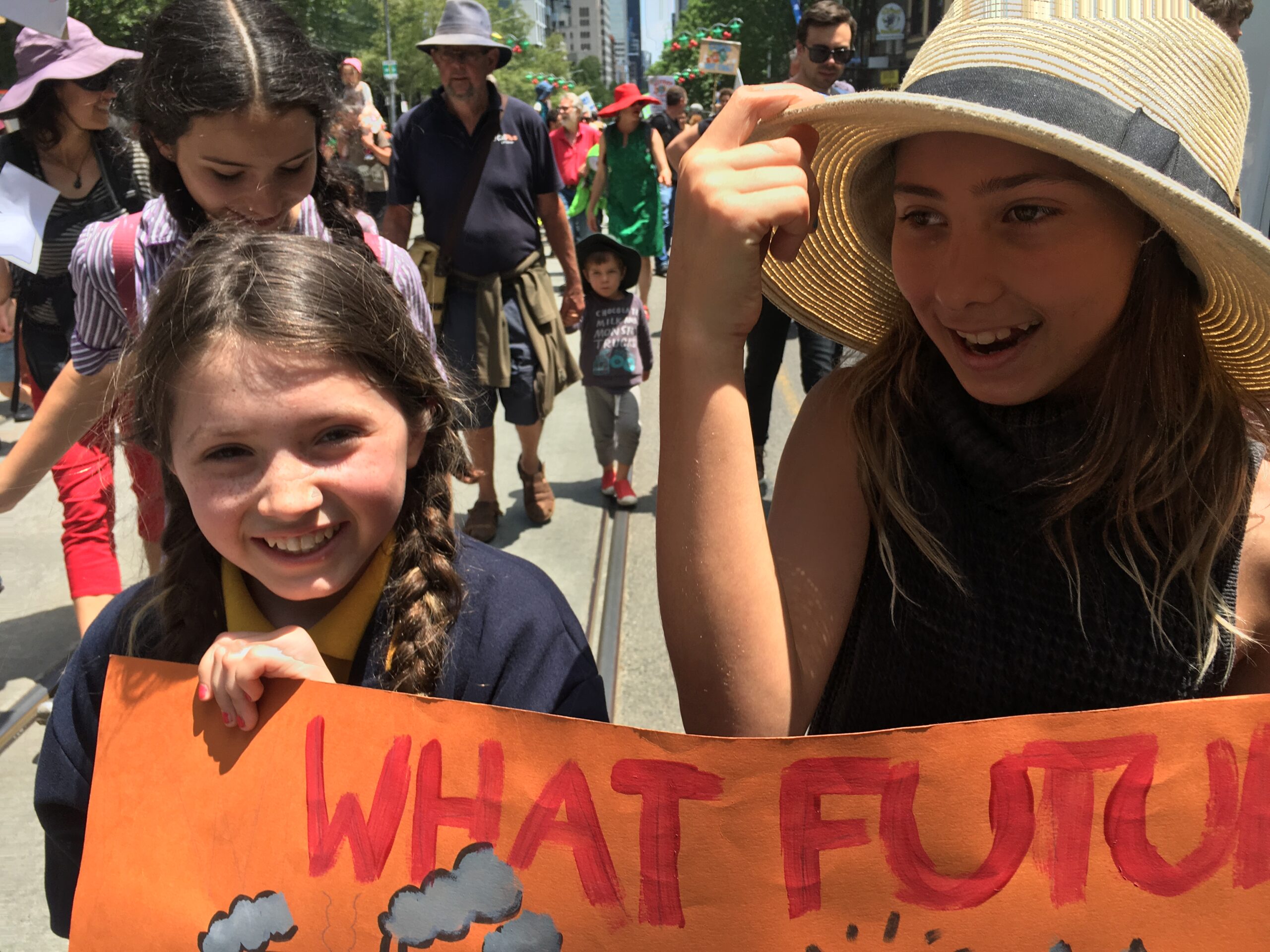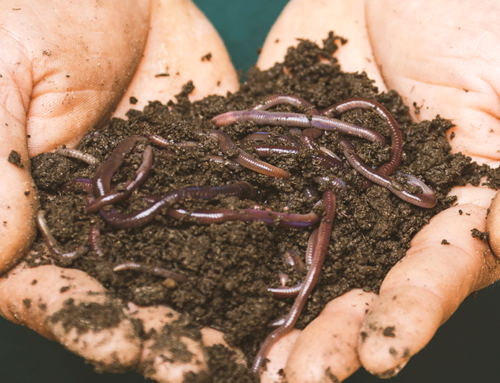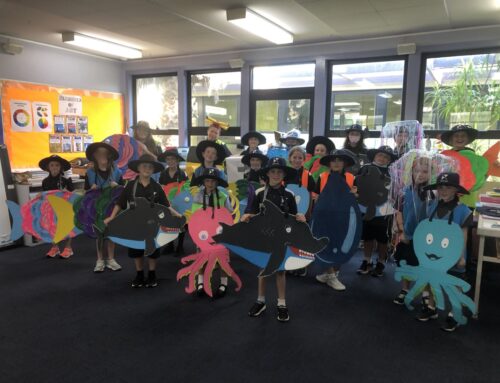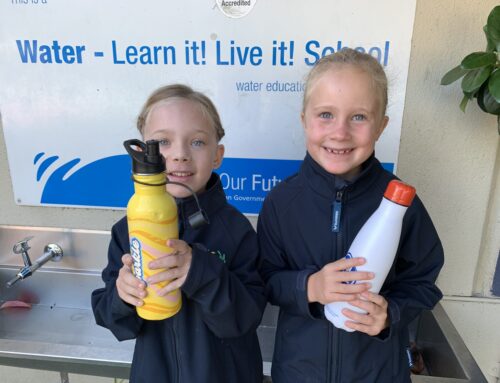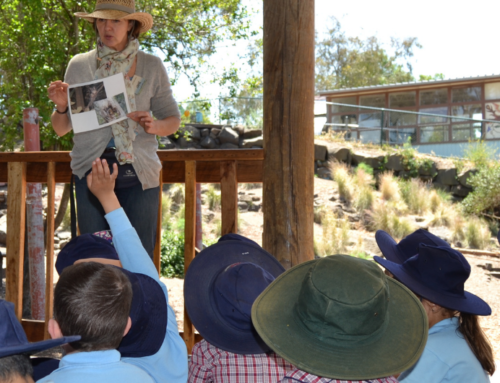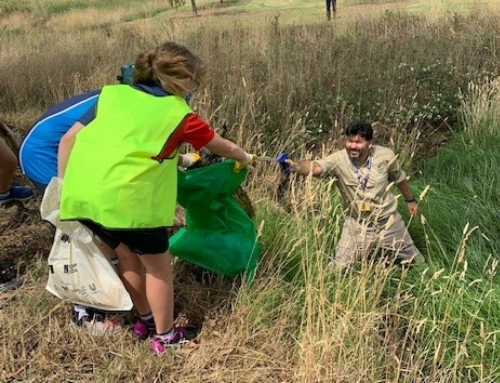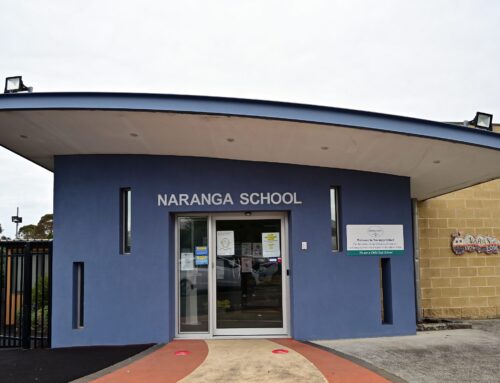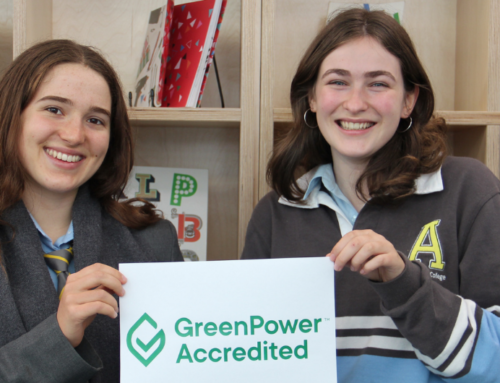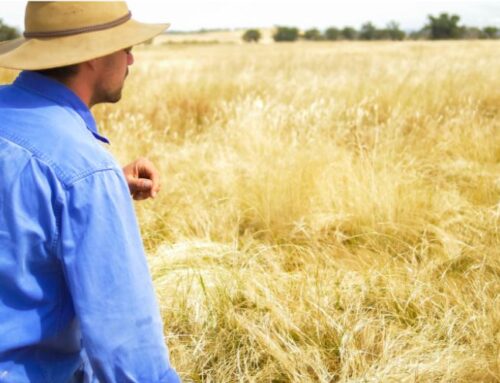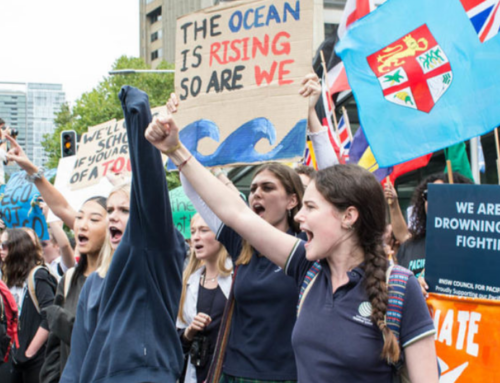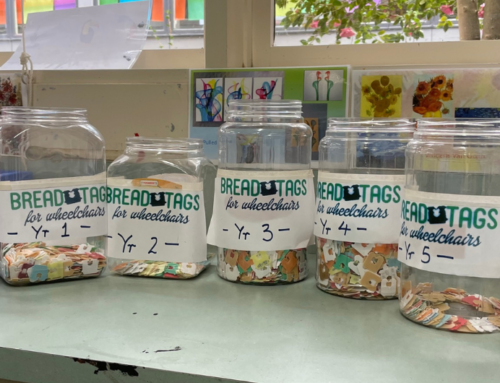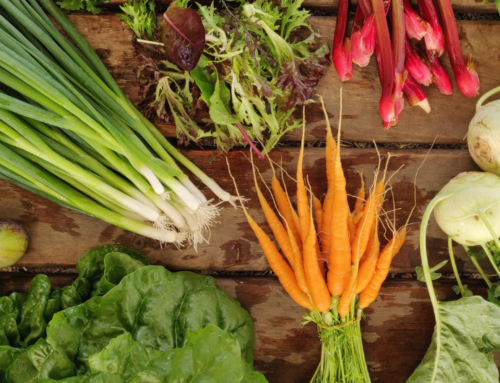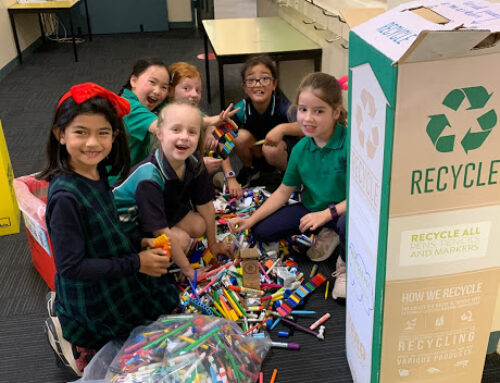by Jane Burns, CERES Education Outreach Area Manager
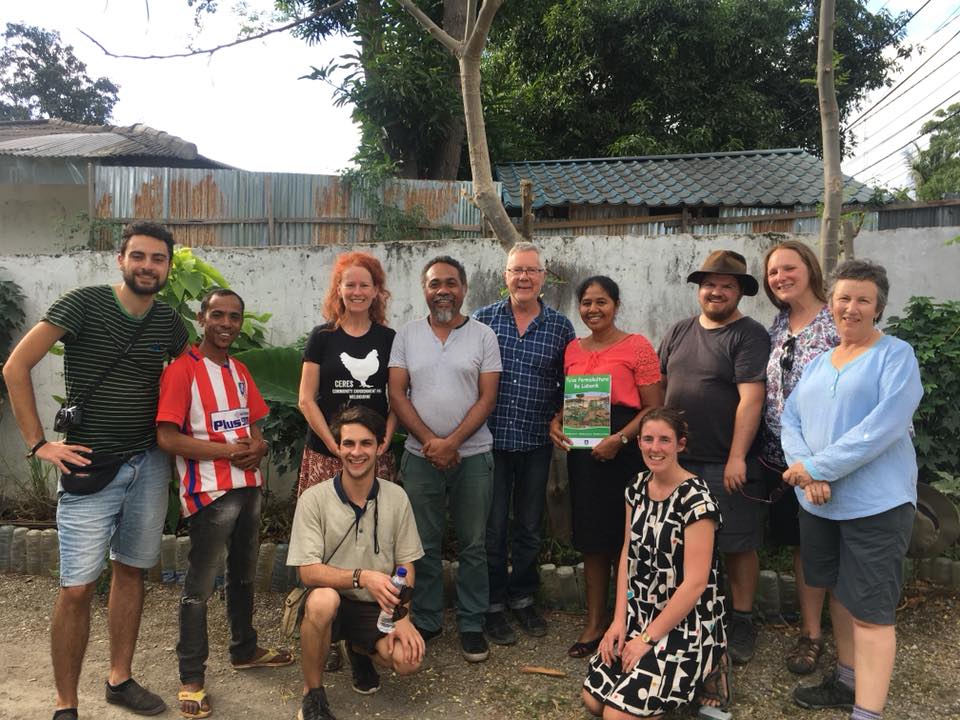
I recently had the opportunity to facilitate a trip to Timor-Leste (East Timor) with CERES Global Education to learn about how this country is using permaculture to make social and environmental change. Travelling to this rarely explored closest neighbour of ours, we explored a unique country, people and landscape through a permaculture lens. We met local farmers and permaculture practitioners and gained a first hand impression of some of the important food security and sustainable development challenges facing this very young independent nation.
Permaculture is designing sustainably abundant societies as part of protecting and preserving water supply, agricultural land and the greater environment. The word is derived from Permanent Agriculture and Permanent Culture with the aim being to use practices that enable agriculture and culture to improve, strengthen and become healthier as time progresses.
We worked alongside Permatil, a Timorese NGO involved in promoting permaculture and sustainable agriculture in Timor Leste established by community leader and famous musician Ego Lemos. Permatil have created the most comprehensive guide to Permaculture for tropical climates in English, Tetum and Portuguese and they have successfully advised the government on incorporating permaculture into the national school curriculum! This is a world first for Permaculture. The Tropical Permaculture Guidebook is available at www.permacultureguidebook.org.
We worked closely with Friends of Aileu, an East Timor Partnership Project community activity supporting the friendship relationship between Aileu in Timor-Leste and Moreland and Hume City Councils, and built on previous experience in Timor Leste and deepened our existing friendships and networks in the country. Another key partner in the trip is NaTerra a grassroots organization working in the area of education for sustainable community development using permaculture and holistic education.
Here is my diary story about our recent travel in Timor-Leste, I hope you find some inspiration to follow the sustainable development in this country and to join a CERES Global trip!
Day 1 – Melbourne to Dili
Feeling very excited! About to fly to Timor Leste facilitating a trip with CERES Global. #schoolgardens #permaculture #sustainabledevelopment @ceresglobal
Day 2 – Dili to Aileu
Arrived in the bustling capital Dili then headed straight to Aileu, a small village 47km southeast. We acclimatised in the cool mountain environment of Aileu and met with our friendship partners, Aileu Resource and Training Centre (ARTC), a local organisation that is working on community development projects such as technical training of solar energy for women’s empowerment, reforestation and IT education.
Day 3 – Aileu
Ailei is abuzz with the Bishop of Dili attending to celebrate St. Peter’s and St Paul’s feast days with most of Aileu community attending in their best dress. We started our day attending this community event – an amazing way to start our day!
Day 4 – Aileu
We’re immersed in making a garden of peace, friendship and learning at the ARTC site known as Kadalak Dame (meaning peaceful gully) and a place of reflective remembrance where everyone from the community is welcomed to connect with one another and be healed by nature.
Together with 30 Catechists, leaders from various parishes and farmers in their own right, and staff from ARTC, we’re building a star shaped Huglekulter garden (hill garden) to demonstrate a low water, raised garden design. The star design was selected from the schematic design produced by the CERES Global trip in 2016 when the participants completed their Permaculture Design Certificate (PDC) in Aileu.
Day 5 – Aileu – Maubisse – Aileu
Travelling up to Maubisse at 1400m’s above sea level to see the Leublora Green School, a school that teaches Timorese children about 4 areas of social enterprise – environmental, cultural, economic, and tourism. The school is also open on the weekend for students from other surrounding schools to learn about these aspects.
Day 6 – Aileu
Visiting Cafe School, a local school in Aileu to explore Sister Schools between Timor Leste and Australia. Then onto an organic farm run by Rui and his family who are growing enough food for their extended family and selling excess to markets and organic shops in Dili. A problem they face is lack of water which is compounded by growing rice, a water intensive crop. Our last engagement for the day was a visit to a year 12 Biology class using microscopes donated from a US partner, sent to Australia then carried by our group to Timor Leste.
Day 7 – Aileu
Our day started with a visit to local school Dom Baumeta to establish connections for a potential sister school and also explore potential fundraising for local water supply to the school as they have the knowledge and interest in running a food garden but they currently don’t have access to water.
Our second engagement for the day was with Project Montanha founders Gisele and Eduardo who graciously showed their private garden, and plans for expanding their training development and opportunities for young people all underpinned by sustainable development.
Day 8 – Aileu – Dili
We met with Permatil founder Ego Lemos to hear about his personal story as an environmentalist, agricultural scientist, activist, musician, educator and founder of Permatil in 2000. Permatil’s three main focus areas are School Gardens, Water Security, and Youth Workshops in Permaculture. They are working with the Ministry of Education to develop School Gardens in all districts and in partnership with a range of donors and friendship groups such as CERES and Friends of Aileu, the implementation, evaluation and promotion of school gardens and relationships between schools in Timor Leste and Australia will continue to expand.
Day 9 – Aileu – Baccau
The day began with us driving east to Baccau, the second largest city from Dili. Our destination was NaTerra, an NGO founded by Fernando Madeira in 2005. NaTerra’s demonstration site in Baccau shows how permaculture principles can be applied on a family size parcel of land. Sustainable production suited to a micro climate shows living fences providing firewood for life, food forest, animal husbandry, aquaponics, and agroforestry.
NaTerra has also developed ‘Sprouting Seeds Project’ – a data base of over 150 species, and future plans to combine agriculture and tourism and build an agrotourism network across the country.
Day 10 – Baccau – Venilale
An overnight stay in Venilale with the Salesian Sisters was brief but full of hospitality and spirited conversation with the sisters. They provide hospitality training opportunities to teenagers from disadvantaged backgrounds with the students gaining hands-on experience in the kitchen as well as support to attend the local school in years 11 and 12. Our afternoon was spent at a farm transitioning to an agroforestry farm and Manuel and his family are growing perennials, trees, horticulture, aquaponics, and key nutritional and medicinal plants. NaTerra is supporting this farm development with education, seeds, some materials, and connecting to other agroforestry farms.
These projects are sparking interest in the communities and modeling sustainable farming practices is helping to recover knowledge, skills and cultural traditions.
Day 11 – Venilale – Dili – A’tauro Island
After a very busy few days traveling in a troopy on bumpy roads we switched transport to the Dragon Boat and headed to A’tauro island North of the mainland. We walked off the boat into the weekly market, a time when many sellers from Dili and elsewhere ply dried fish, clams, seaweed, and beautiful woven goods. This was a restful day settling into our accommodation and finding hammocks in between cooling off in the sea.
At Barry’s Place, an eco-lodge, they use Permaculture to create an ecologically sound and economically viable operation that works with, rather than against nature. Above and beyond this they are trying to implement a plastic waste recovery hub to create economically viable products from shredding, extruding and printing plastic waste to potentially produce useful items such as water infrastructure parts, fishing reels, and buckets.
Many island communities struggle with the cost of the transporting waste and waste infrastructure. On A’tauro island some waste separation occurs but without infrastructure the majority of waste is incinerated and much of it lands in the ground and then in the rivers and ocean. Aluminum cans are recovered for monetary return, some plastic bottles for reuse as seaweed farming buoys or palm wine containers, and some organics for animal feed.
Trying to do Plastic Free July was too hard in the first week in Aileu as we didn’t have running water in the house to then purify the water. So our plastic footprint was big. After that it was almost a clear run with everyday meals consisting of simple whole food. There are a lot of individually packaged products in shops, noodles, soap powder, sweets, box drinks etc mostly coming from Indonesia but by eating out with simple food or shopping from the market it was mostly achievable.
Day 12 – A’tauro Island
An early morning boat trip saw us travel around the Northern tip of the island to the tiny village of Atecru, consisting of only 47 houses. NaTerra in partnership with Conservation International (CA) and the UN Food Agriculture Organisation is working with Atecru community to improve food and water security, training opportunities and address climate challenges.
This side of the island is self-sufficient through growing their own food, plants for everyday materials, women’s social enterprises, and solar power on each house.
NaTerra are supporting sustainable development through introducing plants that can provide short to long term income, living fences to provide fire and fence wood for life, training in horticulture with all projects influenced by Permaculture.
Day 13 – A’tauro Island
We’re ensconced in the coastal villages of Beloi and Vila, visiting schools working with NaTerra to establish a Permaculture garden.
The school gardens planted a month ago have to endure the current dry season, before ideally shooting up in the tropical wet. The gardens were started with the involvement of students bringing goat manure from home, parents building the fence, and NaTerra supplying a water Tanaka, plants, labour, and Permaculture knowledge.
We then visited three social enterprises run by women and initiated by two Italian priests in 2000. We had an enjoyable afternoon eating good Italian food at a restaurant and guest house and learning about a textile and jewellery enterprise.
Day 14 – A’tauro Island
We hired a wooden outrigger to go to the reef in Beloi and to a hot springs amongst the mangroves in the northern tip of the island. The reef is visually spectacular and the marine environment in A’tauro island is the most biodiverse environment in the world. From the Guardian, “Conservation International found 643 species around Timor-Leste island, some of which are believed to be entirely new. Examining 10 sites around the island, a Conservation International team, with 50 years of combined experience surveying thousands of reefs around the world, found an average of 253 reef fish species at each site. That surpassed the previous record for a reef in West Papua, which had an average of 216 species at each site.”
Researchers recommend designating the whole island as a marine protected area with active local management and enforcement, but since the local communities rely on the reef for food, the area must be zoned for “multi-use” and allow fishing. With ecotourism income a key to the future of the island, the preservation of the reef is essential for sustainable development.
Exploring and appreciating the reef was an amazing way to spend our last morning on the island before heading to Dili and back to Australia!

